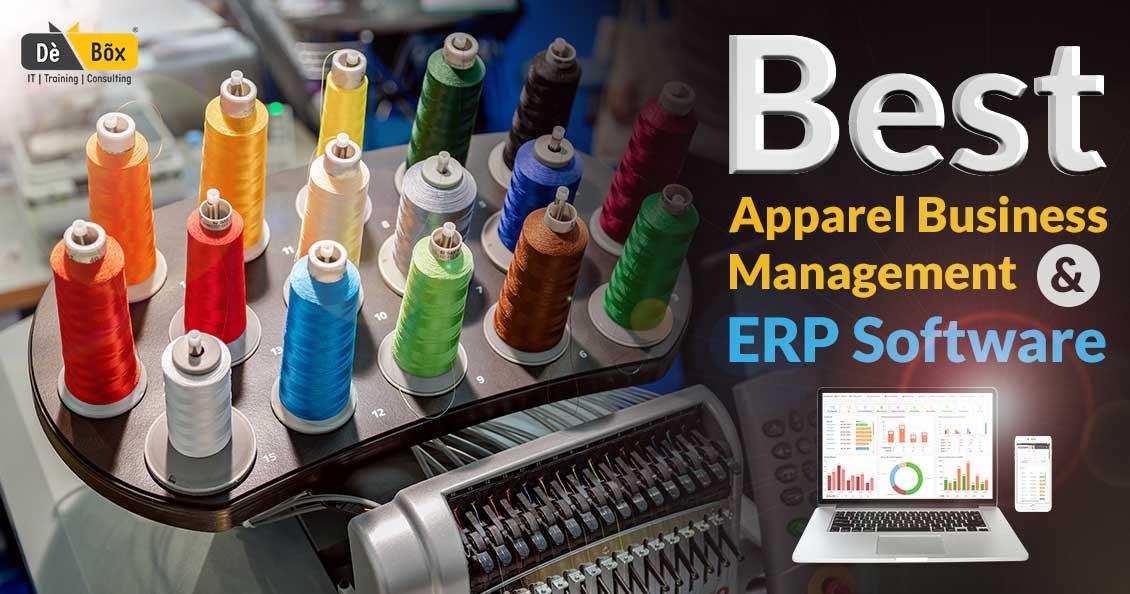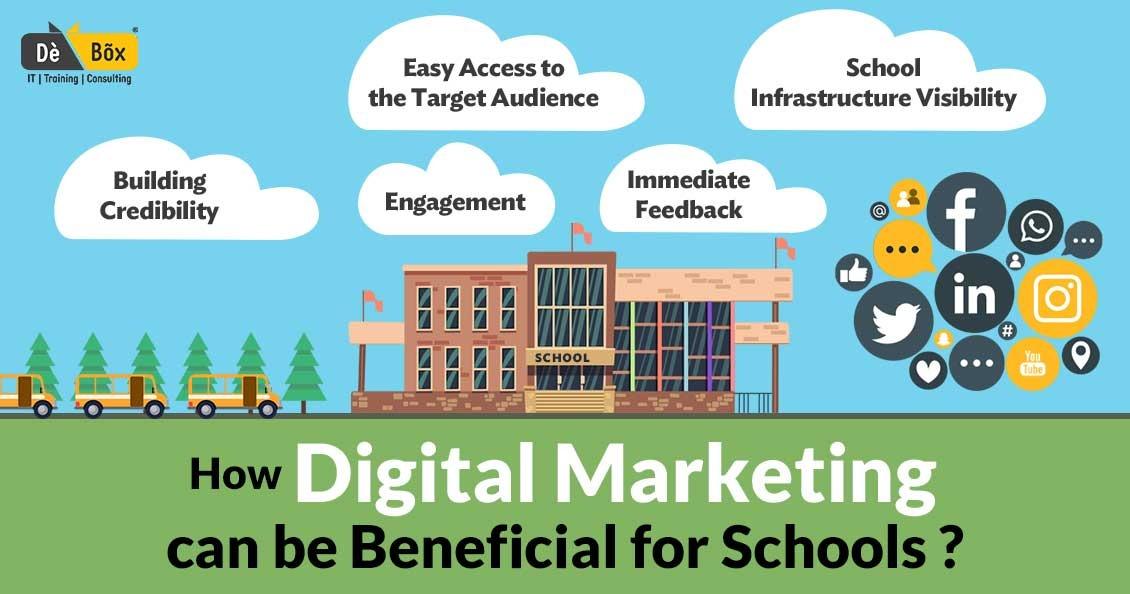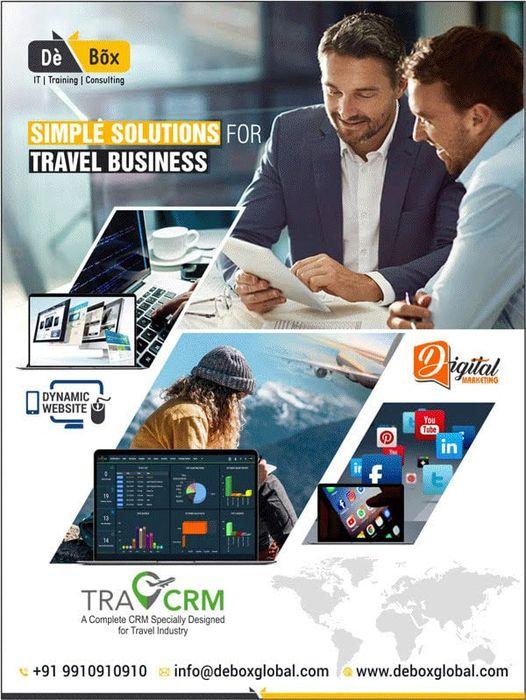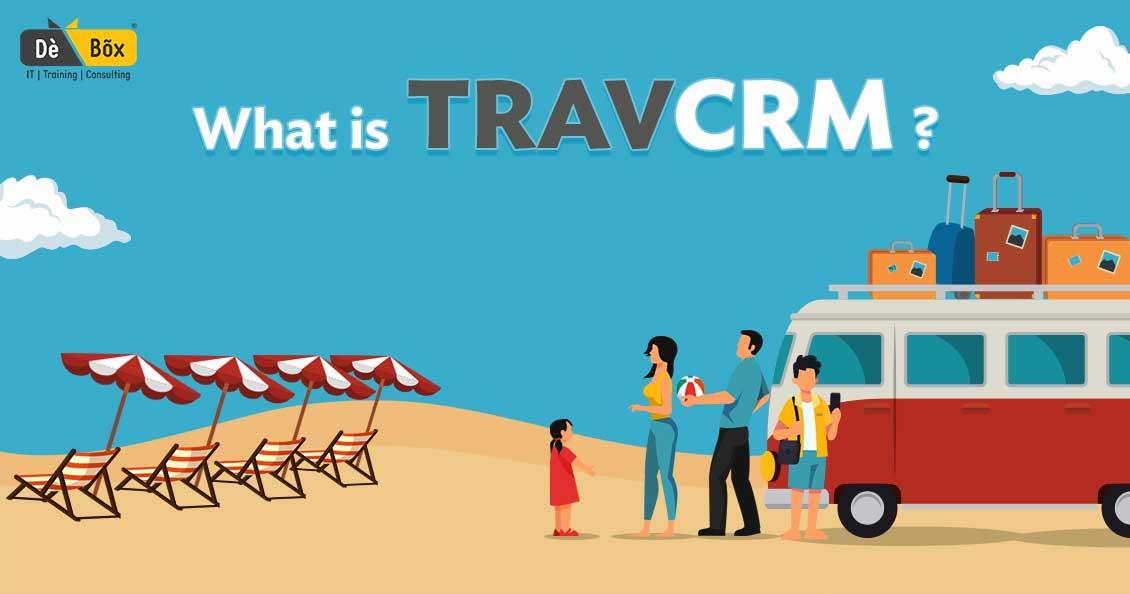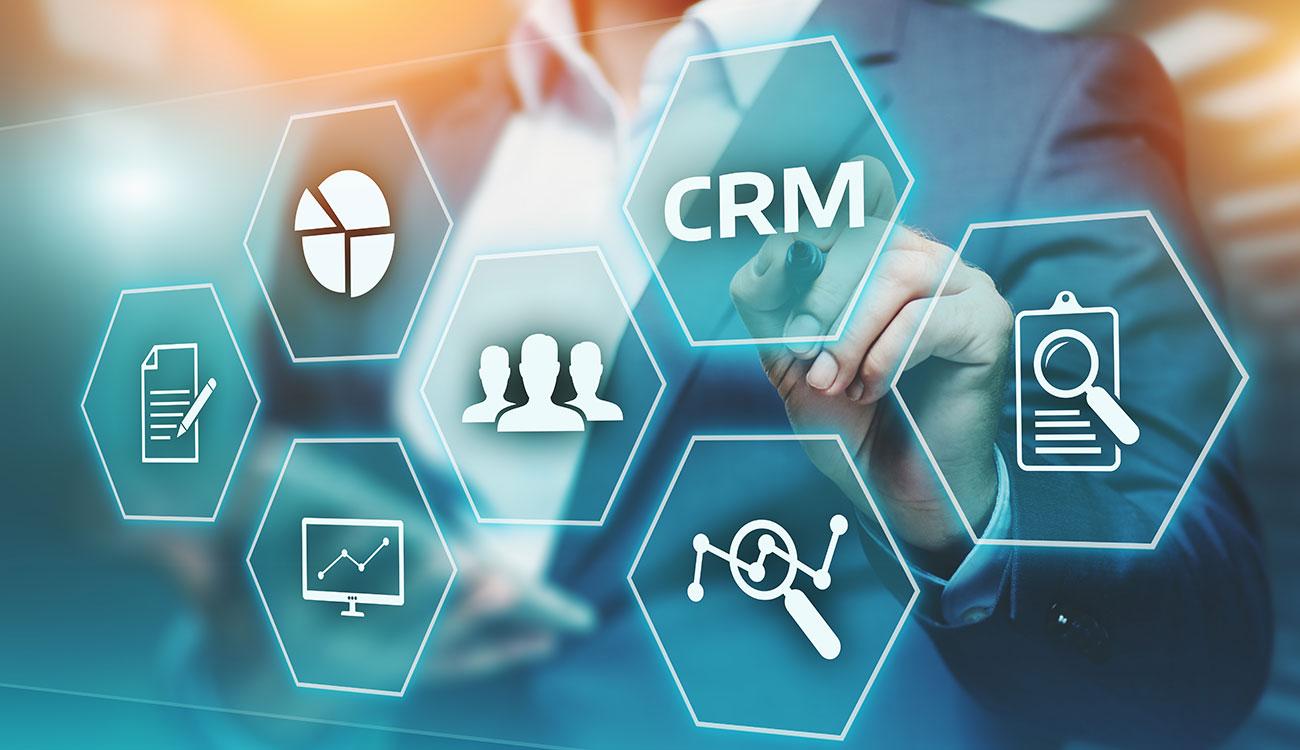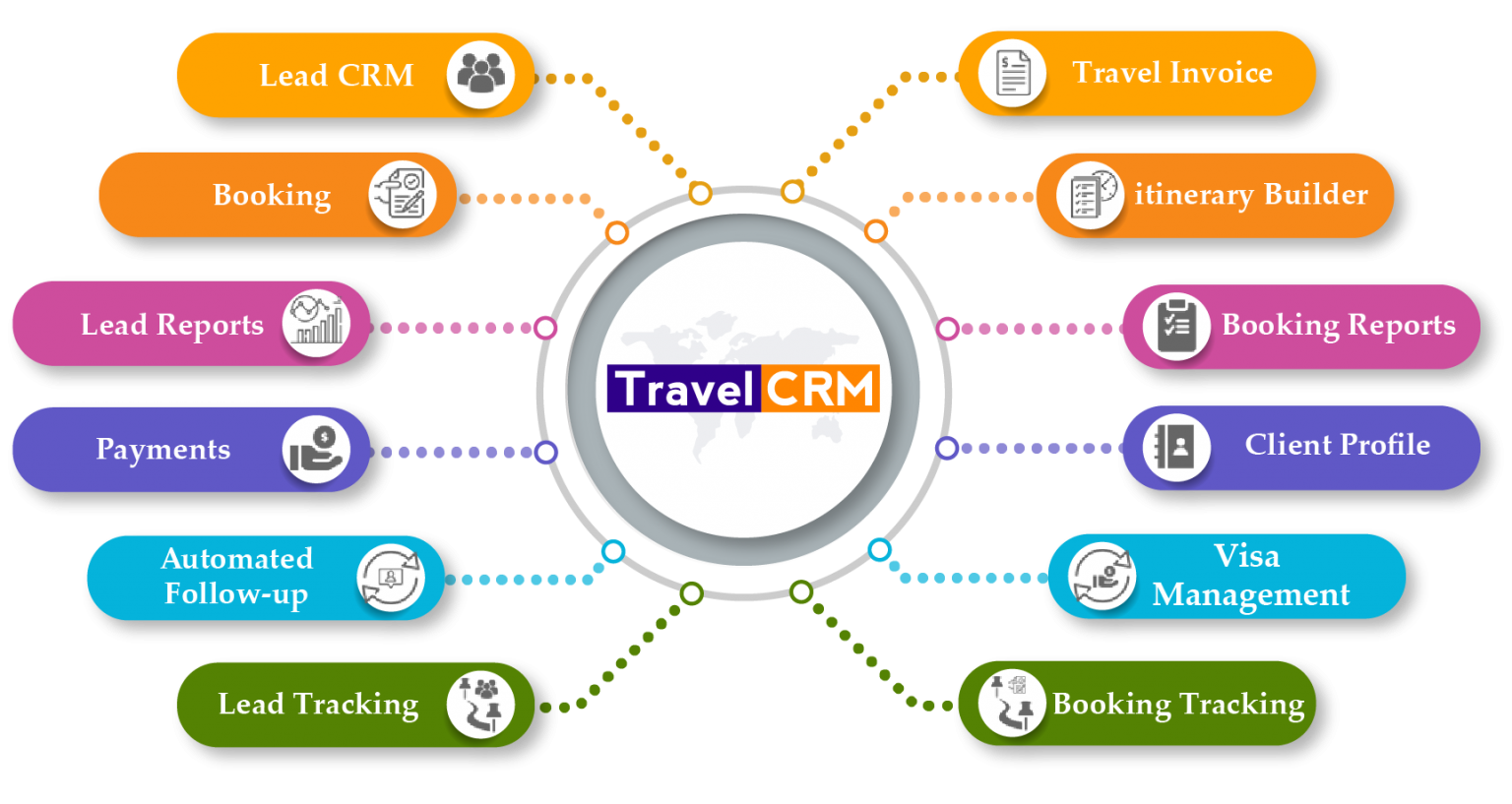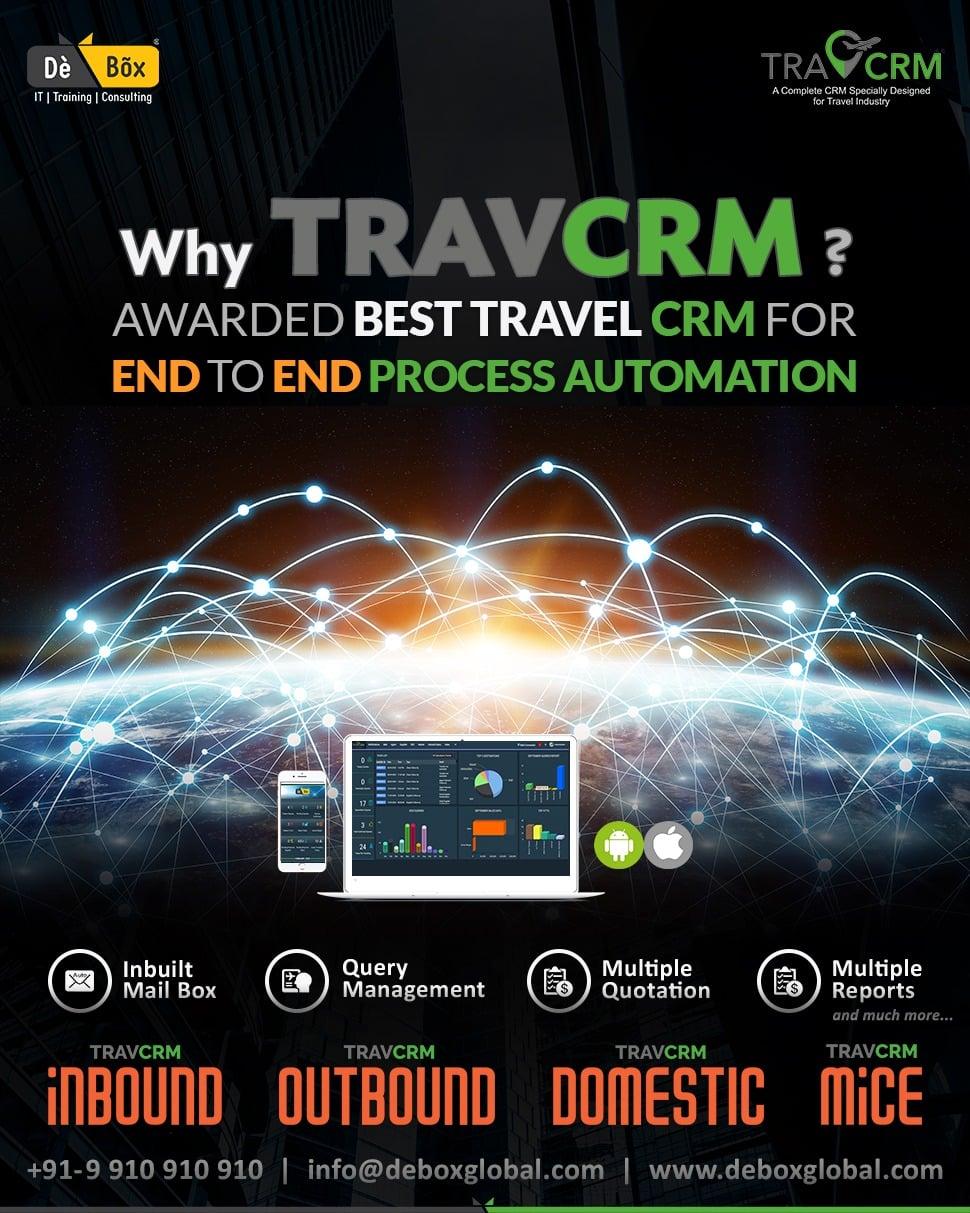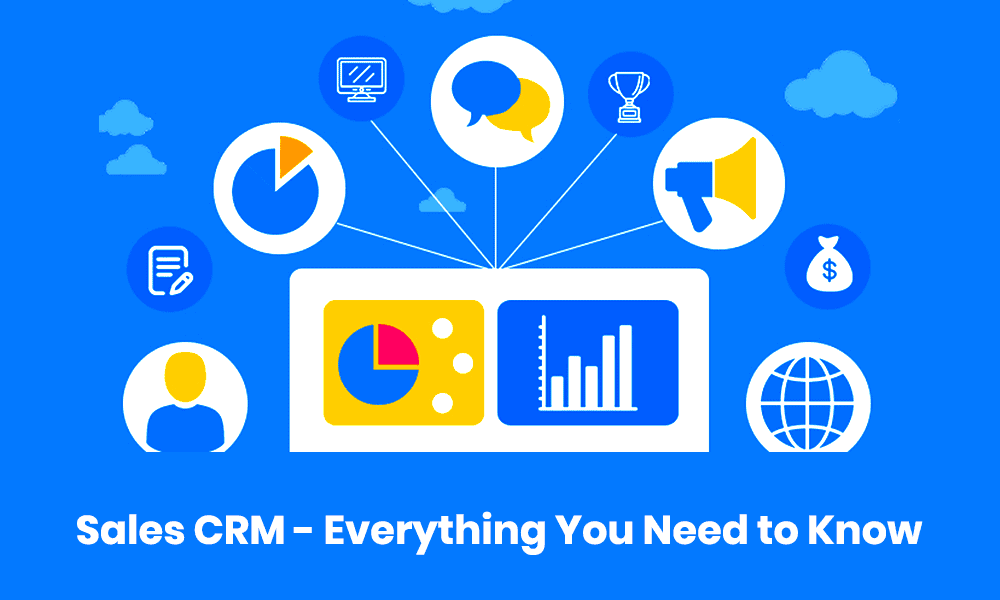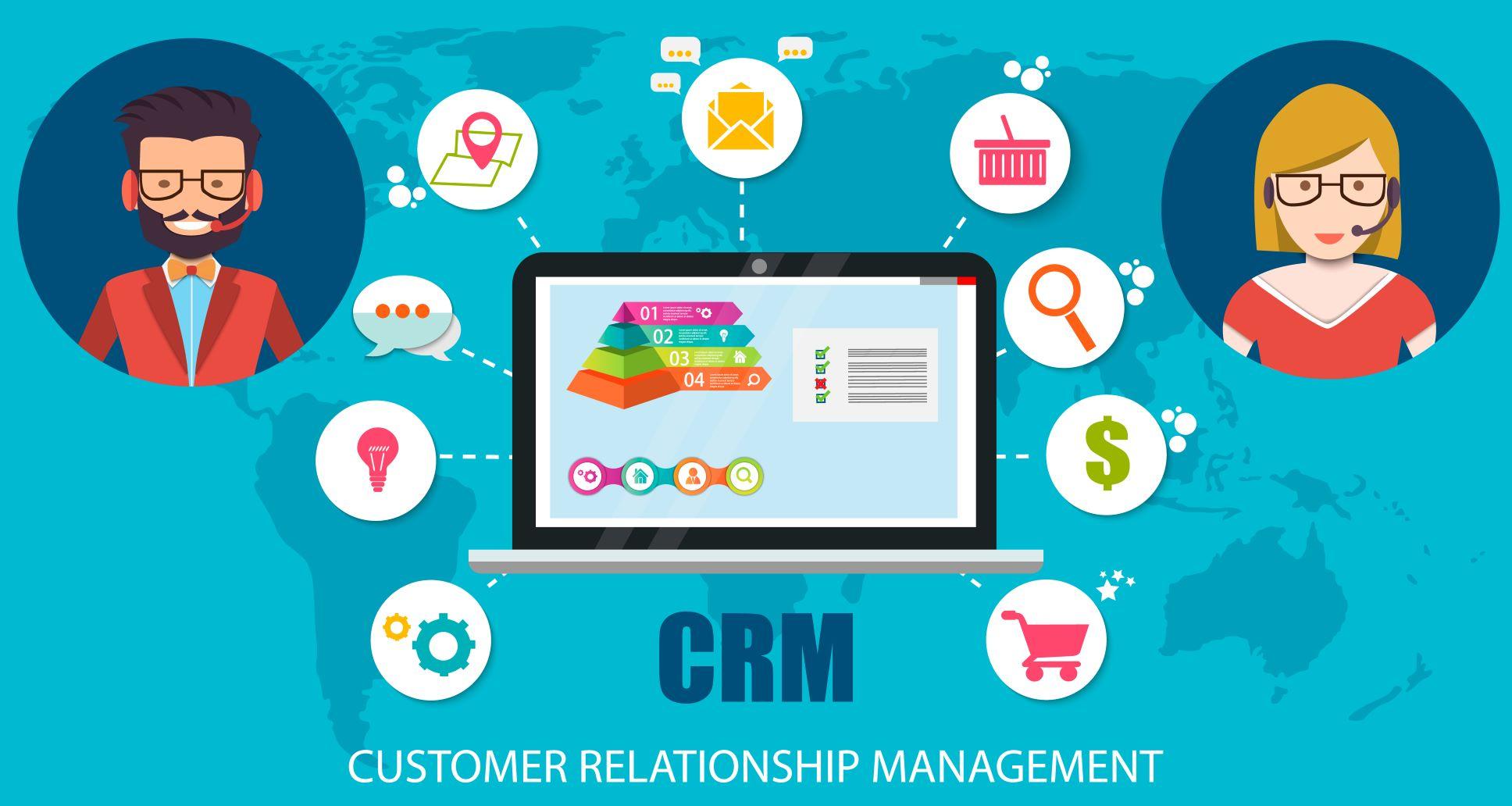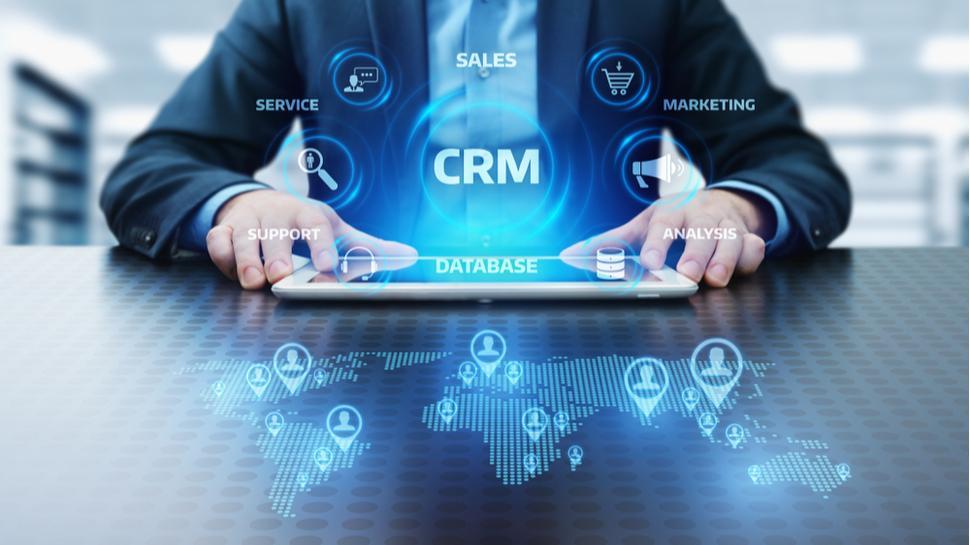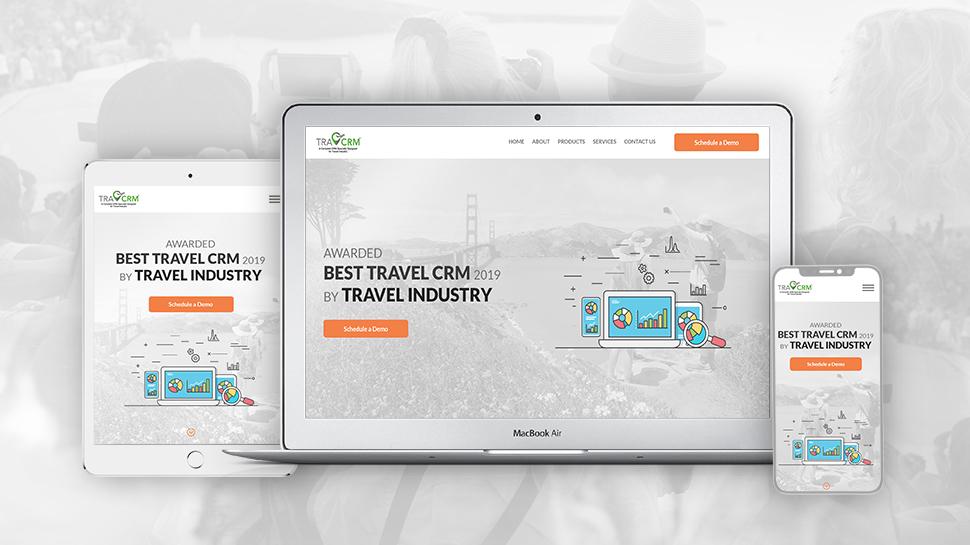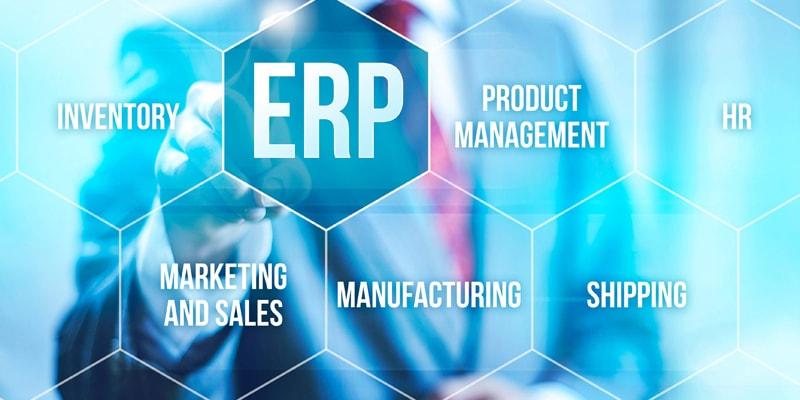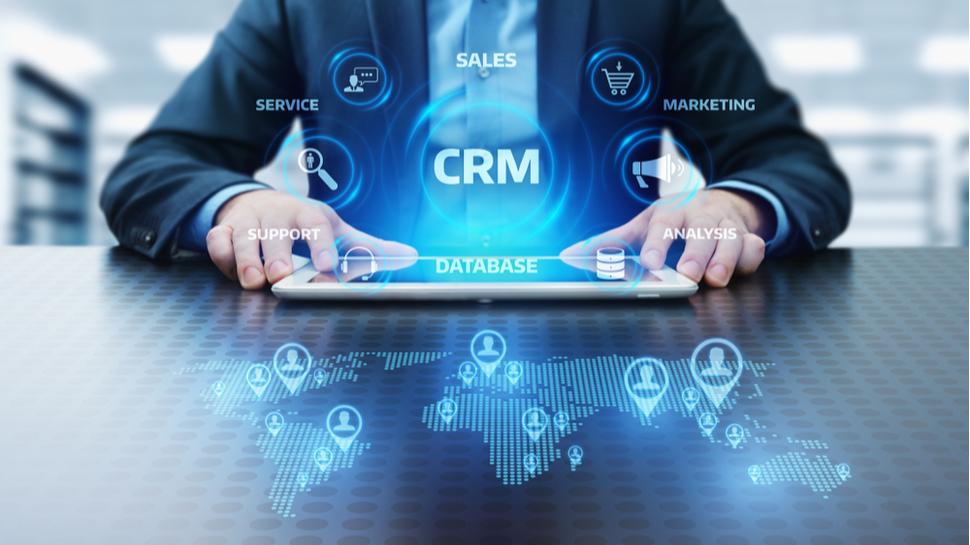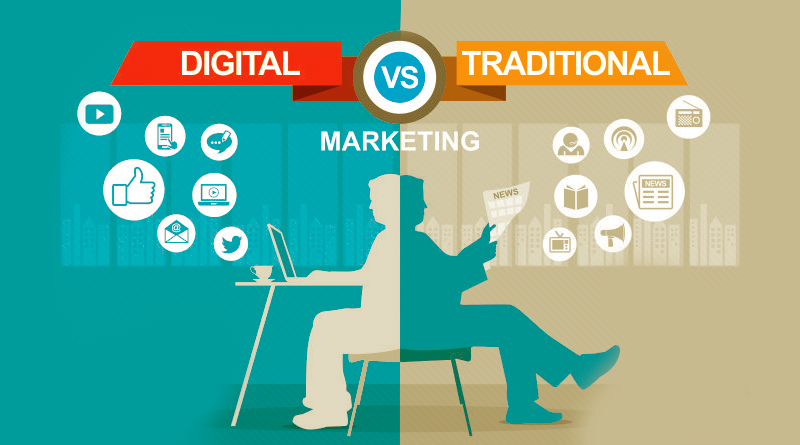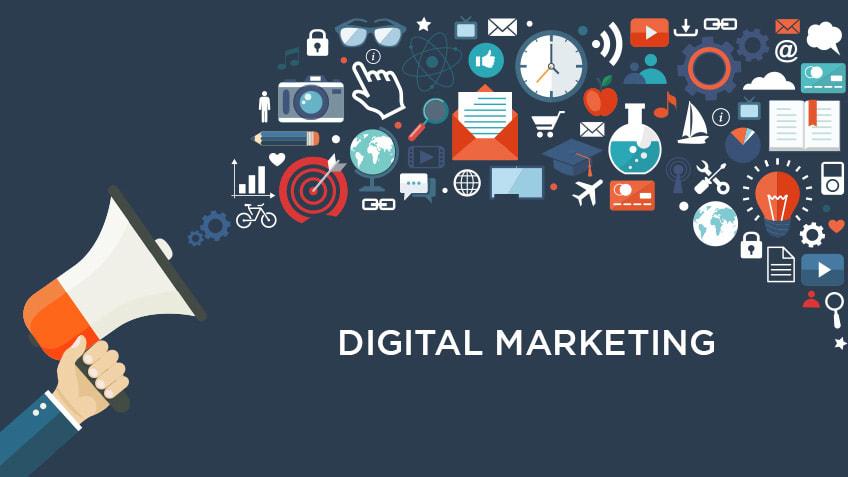The Latest Trends in Luxury To...
Luxury tourism is evolving rapidly, embracing innovative trends that cater to a new generation of travelers. Today’s affluent globetrotters seek personalized, transformative, and authentic ex...
Read More
How TravCRM Enhances Operation...
In the fast-paced world of the travel industry, providing excellent customer service and optimizing operations is crucial for success. Travel agencies and service providers face the challenge of ma...
Read More
The Power of Personalization i...
In the ever-evolving travel industry, personalization is no longer just a luxury—it’s essential. Travelers now expect experiences tailored to their unique preferences, needs, and past b...
Read More
Why Every Travel Agency Needs ...
In the fast-evolving travel industry, managing client relationships, booking details, and business operations can often feel like a juggling act. As travel preferences become increasingly personali...
Read More
Improving Group Travel Managem...
Group travel can be an incredibly rewarding experience for both travelers and organizers, whether it’s for corporate retreats, family reunions, school trips, or any other form of collective t...
Read More
Maximizing Sales and Marketing...
In today’s fast-paced, customer-driven world, businesses in the travel industry face the challenge of standing out in a competitive market. With travelers having access to endless options and...
Read More
Customer Retention in the Trav...
In today's competitive travel industry, delivering exceptional customer experiences is key to standing out. A Travel Customer Relationship Management (CRM) system can help you achieve this by s...
Read More
DeBox Global: Noida\'s Secret ...
In the fiercely competitive travel industry, having the right tools can be the...
Read More
The Importance of Travel CRM: ...
Introduction to the Concept of CRM in the Travel Industry
In an increasingly competitive landscape, travel agencies and tour operators must leverage...
Read More
Revolutionizing Travel Experie...
Introduction to DeBox Global: A Brief Overview of Their Travel CRM Solution...
Read More
Why DeBox Global is the Best T...
Why DeBox Global is the Best Travel CRM for Agencies and Independent Advisors
In today’s fast-paced travel industry, staying organized and maintaining strong r...
Read More
Maximizing Customer Satisfacti...
Introduction:
As the number of travelers rises every year, travel companies confront issues in maintaining client satisfaction and satisfying the expectations of travel...
Read More
Staying Ahead of the Curve: Ho...
What is Travel CRM Software?
Best Travel CRM software is a solution made especially for to...
Read More
All About TRAVCRM by DeBox Glo...
Introduction
The success of your travel agency depends on your capacity to establish and preserve long-term relationships with your clients. Using customer relationship m...
Read More
Efficiency Meets Excellence: E...
The travel sector depends entirely on keeping up an effective relationship with its customers. For this reason alone, it is critical that travel agencies and tour operators make use of ...
Read More
How Analytics in TRAVCRM Can E...
Introduction
A type of customer relationship management (CRM) software created especially for travel businesses is called travel CRM. It helps travel businesses manage th...
Read More
DeBox Global Best Travel CRM s...
What is Travel CRM Software?
Travel CRM, or customer relationship management system, is software that helps travel agencies handl...
Read More
How travel agents and tour ope...
What is CRM software?
CRM stands for Customer Relationship Management. Essentially, an effective travel CRM software should give you a platform to observ...
Read More
Revolutionizing Travel Managem...
The travel business is more costly and complicated than it has ever been! As a result, pricing equations start to dominate the market, and businesses aggressively engage in open competition centere...
Read More
The role of the Best Travel CR...
Introduction
In recent years, modern businesses have come to rely more and more on a piece of software called the Customer Rel...
Read More
How Best Travel CRM by DeBox G...
Introduction
CRM, or customer relationship management, is a need for any business to function. You cannot succeed and expand if you do not keep positive relationships with your clients. W...
Read More
Boost your Travel Businesses w...
What Is A Travel CRM?
Software known as travel CRM (customer relationship management) enables travel and tourism businesses to ha...
Read More
TRAVCRM best guide for travel ...
Introduction
Customer relationship management software, or CRM software, is software that travel companies may use to better manage their client and prospect relationships. It keeps plent...
Read More
How TRAVCRM by DeBox Global is...
Introduction
The world is becoming more digital. Every business is making every effort to move its product and service delivery on the Internet. Companies are eliminating...
Read More
TRAVCRM-Best Travel CRM Softwa...
TRAVCRM is a cloud-based travel CRM software develop...
Read More
TRAVCRM-Best Travel CRM Softwa...
Optimize Resource Utilization ...
Apparel Industry implement enterprise resource planning, or ERP, software to handle regular corporate tasks including supply chain manag...
Read More
Improve Your Travel Business w...
Travel CRM Software is a skilled system that helps bu...
Read More
Detailed Look Before Selecting...
In the extremely competitive and quickly evolving travel business, effective ...
Read More
Benefits of Cloud-Based Travel...
The purpose of travel CRM, or travel management software, is to accelerate the operations of travel and tour companies. The soft...
Read More
TRAVCRM-Best Travel CRM For Tr...
Introduction to Travel CRM software
...
Read More
Best Apparel ERP for fashion a...
DeBox Global Apparel ERP is a comprehensive software so...
Read More
How TRAVCRM Software Streamlin...
CRM is a term for Customer Relationship Management. A effective ...
Read More
The Benefits of Cloud-Based Tr...
CRM-based travel management software manages different areas of a travel firm. This can lower expenditures while also improving ...
Read More
Improve your customer satisfac...
TRAVCRM: Best CRM Software for...
CRM software for the travel industry is an accessible tool for automating and synchronizing operations, allowin...
Read More
TOP 8 features of Best Travel ...
Are you looking to take your travel business to new heights? Want to increase revenue by streamlining customer interactions? Loo...
Read More
TRAVCRM -Helping Travel Indust...
In this modern world, the travel business is expanding as more individuals search the globe for unique experiences and adventure...
Read More
Stay Ahead of the Game with th...
Introduction to Travel CRM Software
In today's ...
Read More
Stay Ahead of the Competition ...
How the Best travel CRM improv...
What is travel CRM for Travel Agency?
...
Read More
How a travel CRM helps manage ...
What is CRM software?
CRM software, or ...
Read More
Unleash the Power of Apparel E...
The Importance of Choosing the...
A Travel CRM (Customer Relationship Management) is a software solution designed for travel agencies to effectively manage and nurture relatio...
Read More
How Travel CRM Software Can Tr...
Introduction to Travel CRM Software
...
Read More
How TRAVCRM help Travel Agents...
CRM (Customer Relationship Management) software ...
Read More
Optimizing Product Development...
Apparel ERP software is business process management sof...
Read More
Streamline Your Travel Agency ...
Are you a travel agent looking to take your business to new heights? In today's fast-paced digital world, having the right tools and tech...
Read More
How Garment ERP Software Helps...
In the fast-paced world of garment manufacturing, efficient management of operations is crucial for success. Manufacturers face ...
Read More
How Travel CRM Software help t...
In the fast-paced travel industry, effective lead management is crucial for success. ...
Read More
Streamlining Fashion: How Appa...
In the fast-paced and ever-evolving world of fashion, efficiency and organization are key to success. To meet the demands of an ...
Read More
Boosting Customer Loyalty and ...
Introduction
In today's highly competitive travel industry, customer loyalty and sa...
Read More
How Apparel ERP Software Can I...
Supply chain management is a critical aspect of the apparel industry, and the Best Apparel ERP software in India can significant...
Read More
Streamline Your Travel Busines...
In the dynamic world of travel and tourism, maintaining efficient customer relationships is crucial for the success of any busin...
Read More
Features you should look befor...
Travel businesses thrive on building strong relationships with customers and providing exceptional service. In a highly competit...
Read More
Top Challenges which Apparel B...
The apparel industry is a highly competitive and dynamic market, with businesses constantly facing various chal...
Read More
TRAVCRM-Best Travel CRM Softwa...
CRM stands for Customer Relationship Management. It refers to the pr...
Read More
How to Improve Lead Conversion...
Things to consider before impl...
A travel CRM (Customer Relationship Management) system is a software application designed for travel businesses...
Read More
How Travel CRM Can Improve Cus...
Travel CRM (Customer Relationship Management) softwa...
Read More
What is Apparel ERP and Its Be...
An Apparel ERP (Enterprise Resource Planning) system is...
Read More
Choose Best Travel CRM Softwar...
How you can increase your prod...
To manage all aspects of the clothing manufacturing process, including ordering, materials, design, shipping, and distribution, ...
Read More
Accelerate your Travel Busines...
Customer relationship management (CRM) software for travel helps tra...
Read More
How Travel CRM system Can Help...
Travel CRM {Customer Relationship Management} for travel agents is a...
Read More
Are You a Travel Agents? TRAVC...
A special online, web-based, fully functional Customer Relationship Management System called Travel CRM was cre...
Read More
What is TRAVCRM ?...
TRVCRM is a cloud-based CRM which i...
Read More
TRAVCRM India's Best Travel M...
De Box is an IT solutions is a company that provides progressive end-to-end sof...
Read More
Debox Global Travcrm Softwar...
Travel CRM, short for Customer Relationship Management, is software that helps travel companies, which include travel agents,&nb...
Read More
How can sales CRM help to boos...
We're probably all in advance sometime - remember one of the many calls you receive with an approved loan offer or a free li...
Read More
How can you improve your busin...
The market is now under peer pressure and it is important that your business is different from most so that it ...
Read More
Sales CRM A Bliss for All Comp...
What is CRM? The most commonly used term we find. CRM stands for Customer Relationship Ma...
Read More
How Travel CRM helps you plan ...
In Islam, the Hajj and Umrah are extremely important rit...
Read More
Reason Why an Online CRM Can B...
Client Relationship Management is otherwise called CRM, assists you with planning the...
Read More
Benefits of Using an Apparel E...
These are exciting and challenging times for businesses in the apparel industry. But creative innovations, for ...
Read More
How Digital Marketing Services...
Around 4 billion individuals approach the Internet across the world. No big surprise this period is known as the 'Web Era.&#...
Read More
What Things to be Considered W...
The apparel business is one of the most powerful industry ever since style changes in the flicker of an eye. Apparel Manufacturi...
Read More
Sales CRM A Simple Way to Mana...
During the sales interaction, sales CRM software is an apparatus f...
Read More
The importance of digital mark...
As you are looking for new ways to indicate your business, you can hear people who tell you about the ...
Read More
How can ERP software help text...
Business Resource Planning (ERP) software is an essenti...
Read More
How can A Travel CRM Software...
Every traveler today has his wishes and desires. It ranges from food to destinations, modes of travel, etc. This means that your...
Read More
Benefits of ERP Software in Ga...
Literally, ERP stands for Enterprise Resource Plann...
Read More
Advantages of Using ERP Softwa...
Do you want to reduce the production costs of your clothing company? Do you want complete control over your business operations ...
Read More
How important is Apparel ERP f...
Artistically, ERP refers to Enterprise Resource Planning pr...
Read More
How CRM Software are Useful fo...
Associations understand that further developing the purchaser connections, support administration and along these lines the whole client experience will assi...
Read More
What is a cloud based ERP?...
Today, everybody is talking regarding the way that things have been totally improved on account of the World Wide Web which empo...
Read More
How does Apparel ERP Help You ...
Apparel ERP Software is a business interaction the boar...
Read More
Best Way to Manager Fixed Depa...
Travel companies those are into fixed departure and series departure always look forward to manage their business in efficient manner as in fixed departure m...
Read More
How Important Is Apparel Softw...
At the point when you search for the quickest developing ventures of 2022, you will see that the way of life industry is among t...
Read More
How sales CRM helps you to man...
Enable your business with the top sales CRM software of India. Focus on right arrangements at ideal opportunity and close more business quicker than expected with ...
Read More
Myths About Apparel ERP Softwa...
Most rewarding footwear and clothing entrepreneurs will let you know their ERP programming assumes a fundamental part in their prosperity. ...
Read More
Things Which you should know a...
Are you looking for the best ERP software which helps you to fulfil...
Read More
Why You Need Travel CRM for yo...
Travel CRM, or Customer Relationship Management, is programming that helps travel organizations, for example, travel planners, v...
Read More
Apparel ERP the best solution ...
Clothing and material industry can be considered as probably the biggest business universally. Web based busine...
Read More
8 Benefits of ERP Software for...
The apparel business incorporates a bunch of perplexing parts to impact business encounters. Here, item lifecycles are more limi...
Read More
What are the Benefits of ERP S...
Utilization of Integrated applications for the simplicity of business has turned into a need. As organizations are growing all through the wo...
Read More
Why Digital Marketing is Impor...
In this digital world, approach to customers has shifted from traditional way to online space. Traditional marketing strat...
Read More
TRAVCRM Mobile Application the...
The novel coronavirus COVID-19 shivered around the world by disrupting people’s lives in indescribable ways. During this p...
Read More
Best CRM for the tourism and l...
TRAVCRM solutions cover all the aspects of Customer Relationship Man...
Read More
Benefits of Using ERP Software...
Are you looking forward to optimizing the production cost of your apparel business? or interested to have complete control...
Read More
Here are 5 Benefits of Using a...
1. Provides Centralized Contact details
...
Read More
Travel Management System - TRA...
TRAVCRM (An Award-Winning CRM) is an advanced ...
Read More
The Fact About TRAVEL CRM Tha...
Travel companies habit to direct & promote a variety of tour options in the manner of complete tour packages, hotel booking,...
Read More
How does a travel business ben...
A Travel CRM an quintessence of technology along with optimised business processes that drives efficiency across all the functio...
Read More
Why Your Travel Business Needs...
TRAVCRM is providing you everything on a single platform that is award winning cloud-based CRM and helping travel companies to automate all sales, oper...
Read More
The Importance of Lead Convers...
For any strategic travel business, business & marketing team should be the end goal of all of generating leads through their...
Read More
TRAVCRM (Travel Management Sy...
Travel companies are commonly in need of perfect software of automate each function. Traditionally, a travel company would be en...
Read More
The Basic Principles Of TRAVEL...
TRAVEL CRM tools are extremely adept, but team of any travel company should use CRM appropriately for them to accomplish their ...
Read More
Why good website is important ...
If you are looking to develop or redesigning your website, you may wonder the importance to website design.How does good website...
Read More
Importance of Choosing Right T...
Business growth is absolutely subject to keeping a solid relationship with the clients, which is conceivable by offering them th...
Read More
The Important Role Played by C...
Acceptance and implementation of TRAVCRM is a most adopting marketing trend. It is integrating a series of complex and multiple...
Read More
Automation: How it is improvin...
Automation in any business is one of the top trend in the business domain, reducing organization’s manpower expenditure, and resulting in both time and money savi...
Read More
Best Travel CRM - CRM A Conque...
From last accolades cycles all associations were putting focus on accelerating their earnings without allowing that get exact cu...
Read More
Best Apparel Business Manageme...
Earlier, ERP systems were normally seen to be straight-ahead industrial manufacturing tools; largely oriented to the indexing an...
Read More
How Digital Marketing Can Bene...
We are all aware that digital marketing has become the first choice for educational institutions, which includes both schools an...
Read More
CRM: A Winning Approach for To...
From last many years all organizations were putting focus on increasing their profits without thinking that get exact customer needs. However in current sce...
Read More
What Is A Travel CRM. Best Tra...
Which CRM is better On Premis...
Due to the COVID-19 pandemic, the global travel industry has seen a major downfall over the last many months. The entire world is working towards overcoming from this c...
Read More
Benefits of Apparel ERP Softwa...
What Is The Best CRM For Trave...
What are the benefits of A Tra...
In the competitive travel industry, consumer loyalty no...
Read More
Best Sales CRM software for bu...
Which Is Better Marketing Tech...
Best Travel CRM Software For...
How Important Is Best CRM Sof...
Best Apparel ERP Software for ...
Utilization of Integrated applications for the simplicity of business has become a need...
Read More
WHAT ARE THE TOP 5 CRM SYSTEMS...
HOW TO USE BEST APPAREL ERP SO...
Application of standard software and technical solutions often...
Read More
WHAT IS TRAVEL CRM....
If you are in the travel business or the ...
Read More
How might you utilize Apparel ...
As the name recommends, an Apparel ERP is definitely planned and created thinking about the elements of the clothing business. Very much like some other business, a clothing business has explicit...
Read More
Boost Your Business with Best...
Execution of deals CRM can bring along a lot of advantages for every one of the parts of your business. Additionally, deals fill in as the backbone of each b...
Read More
What is difference between mar...
What Is The Difference Between...
Advertising
Advertising helps in increasing awareness about a company&rsquo...
Read More
As Coronavirus Spreads, Digita...
The pandemic is potentially one of the greatest threats in our lifetime. The ongoing coronavirus pandemic is impacting every part ...
Read More

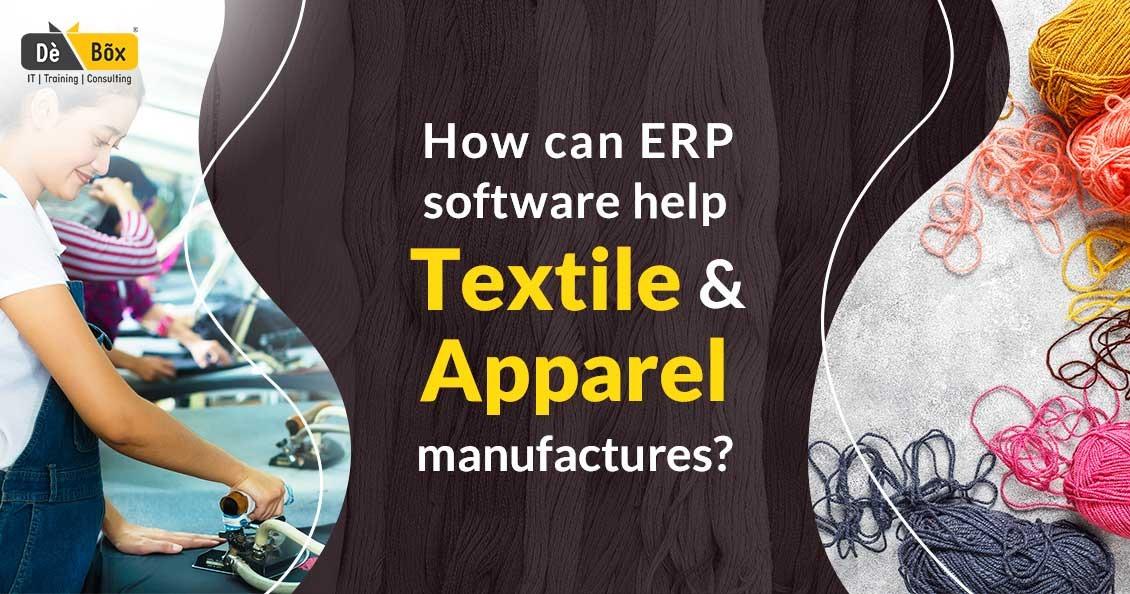

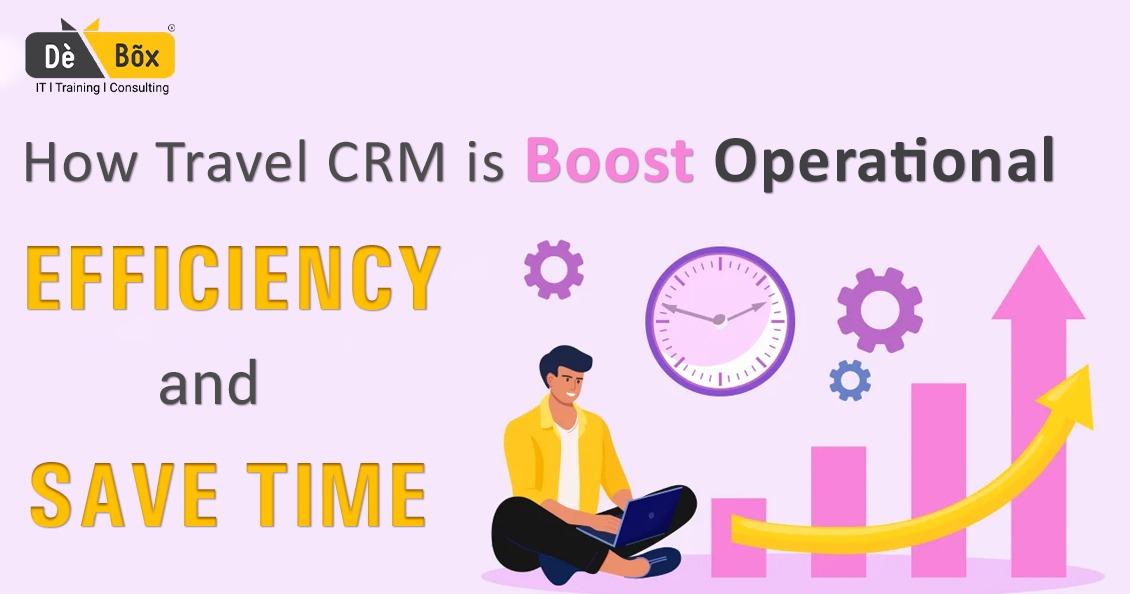
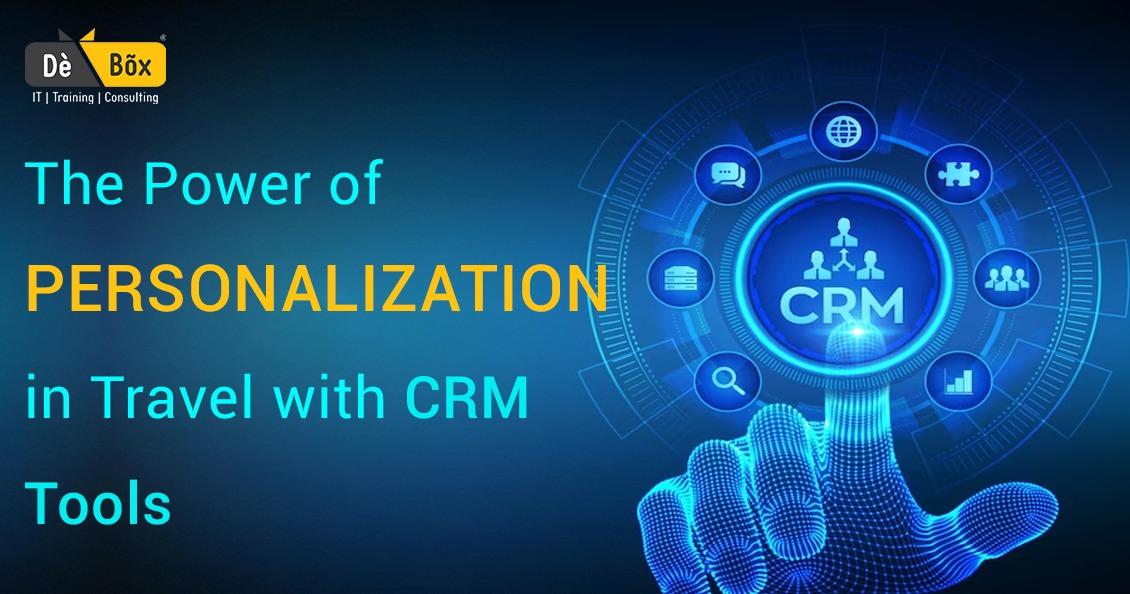


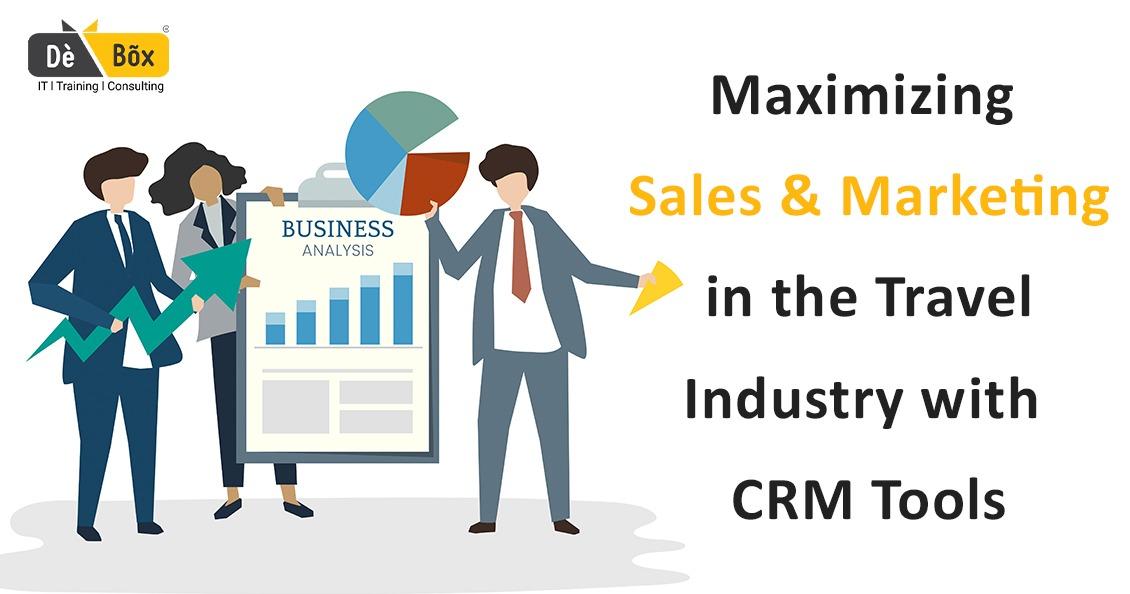
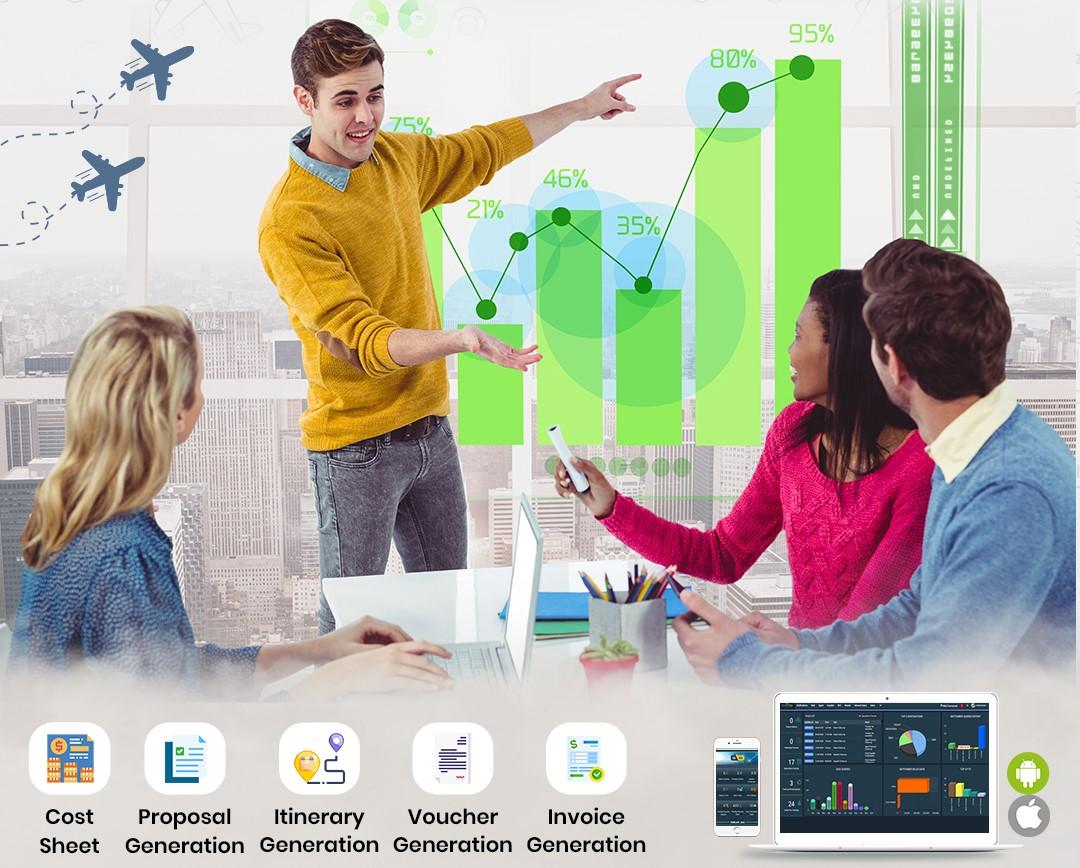


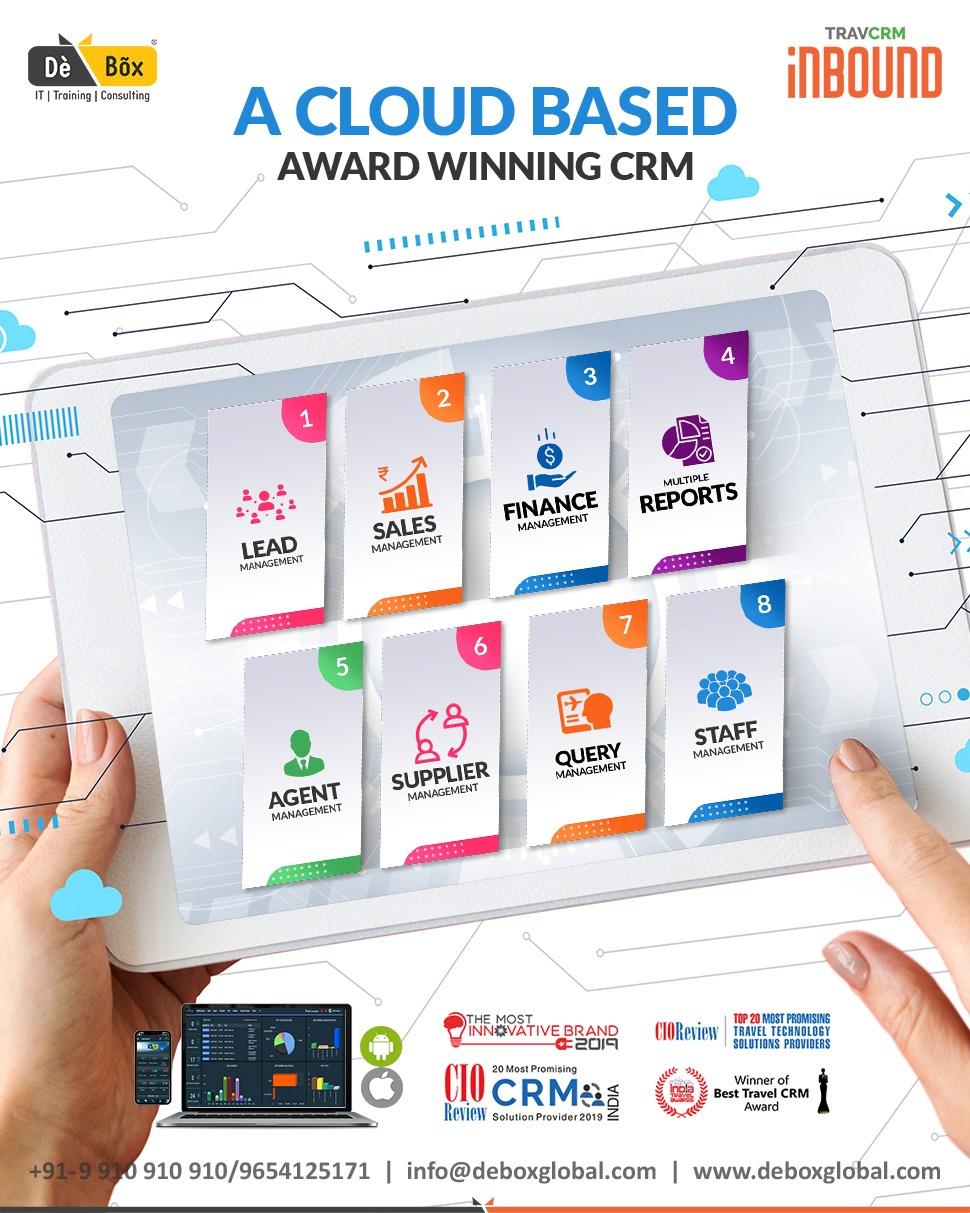

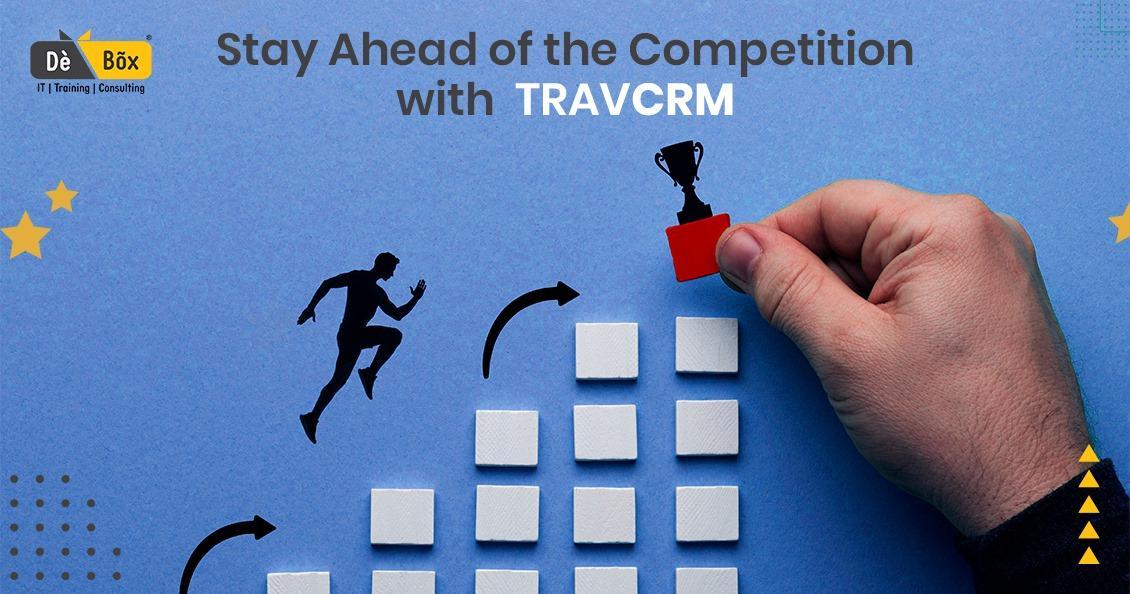






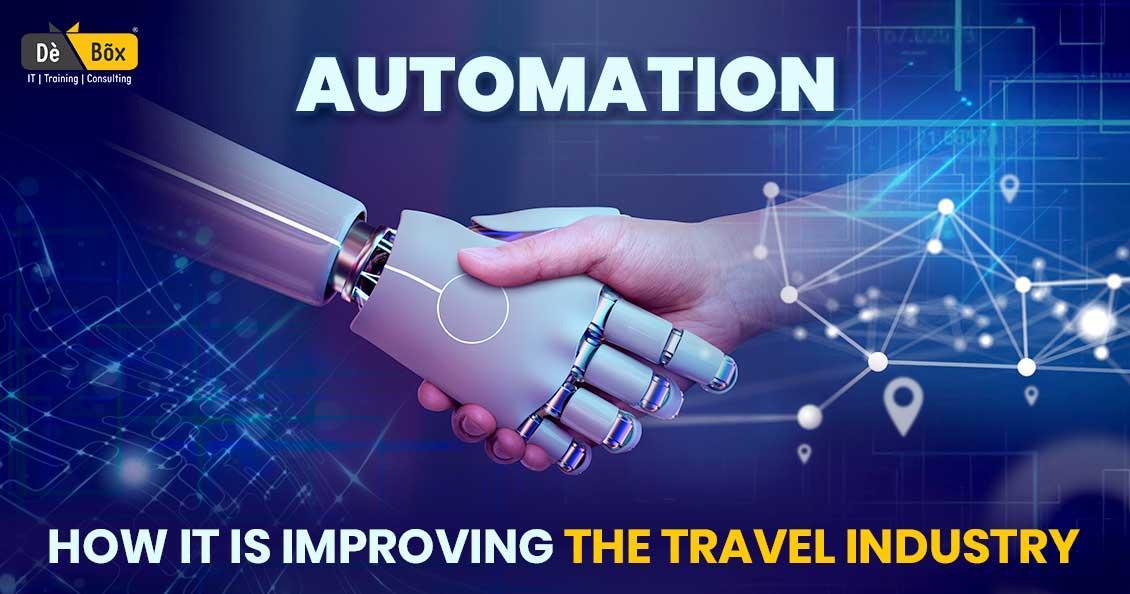




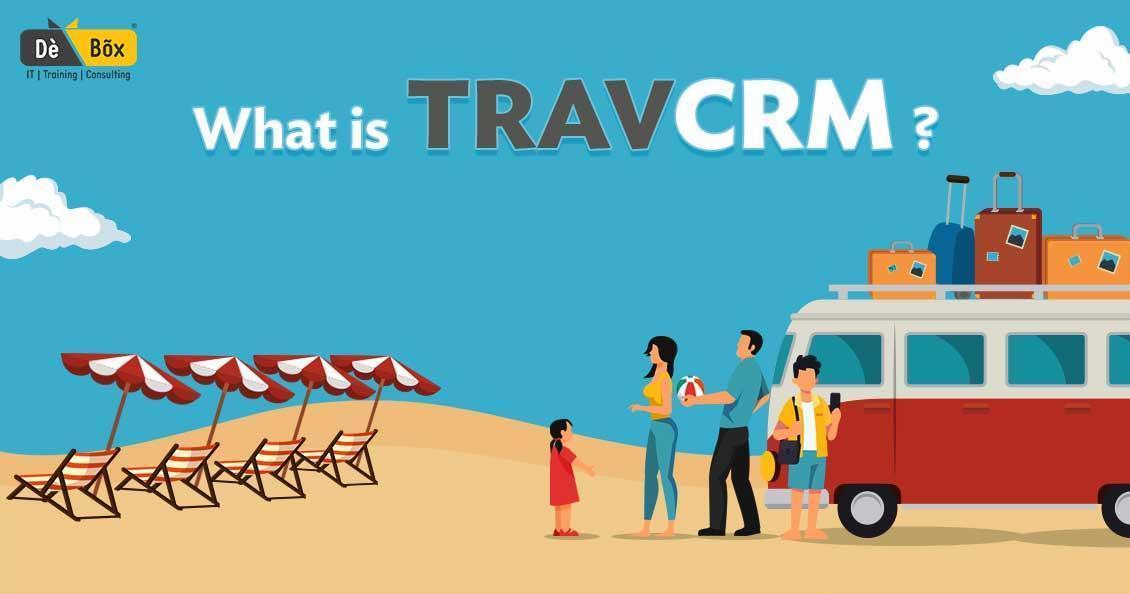

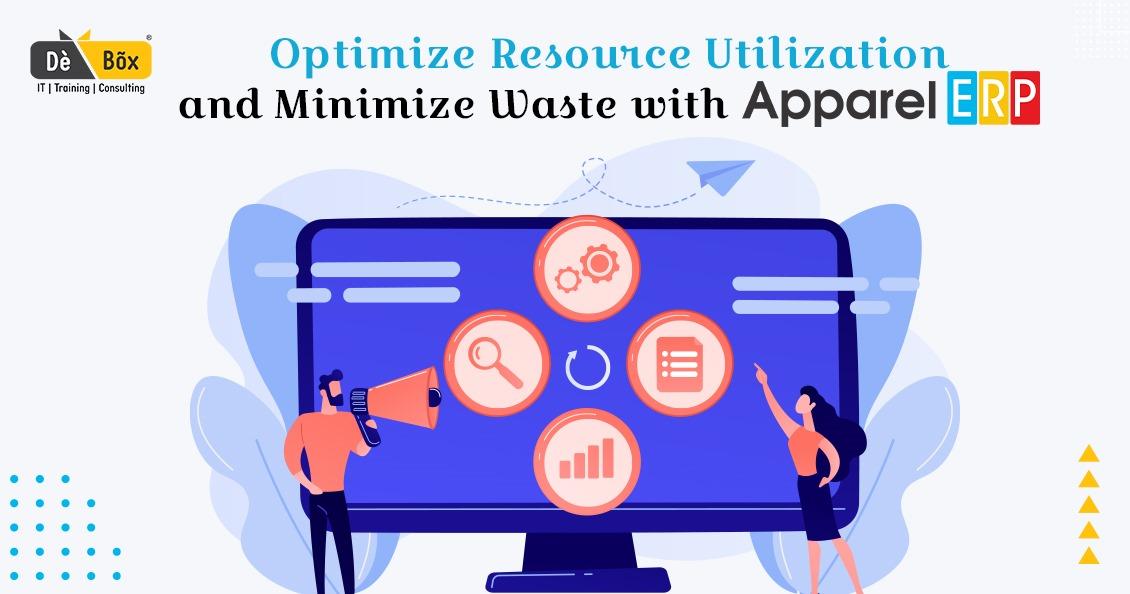


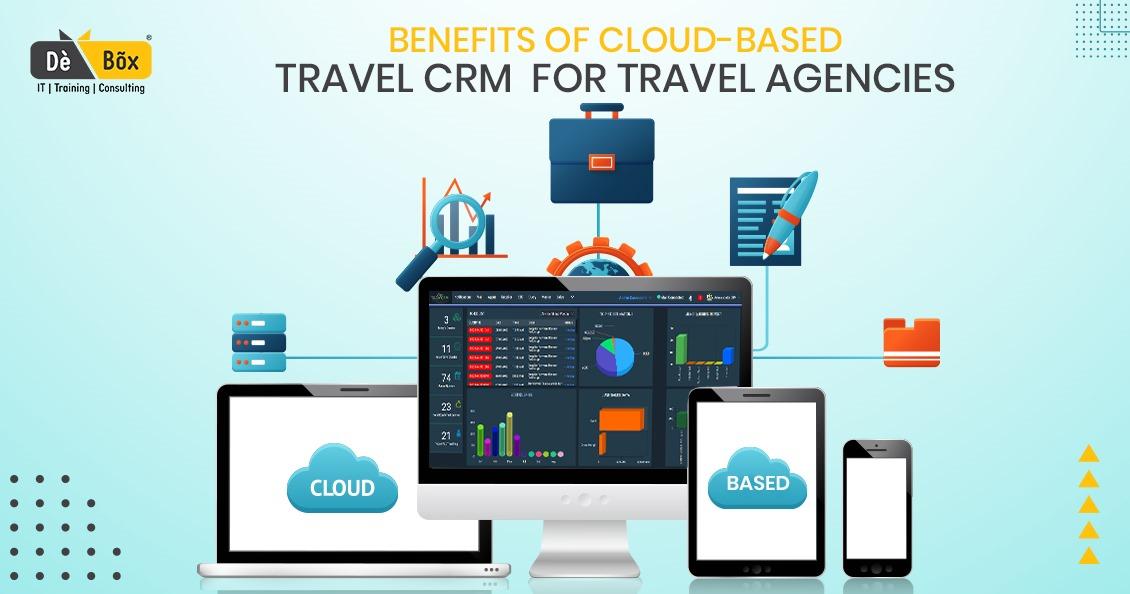



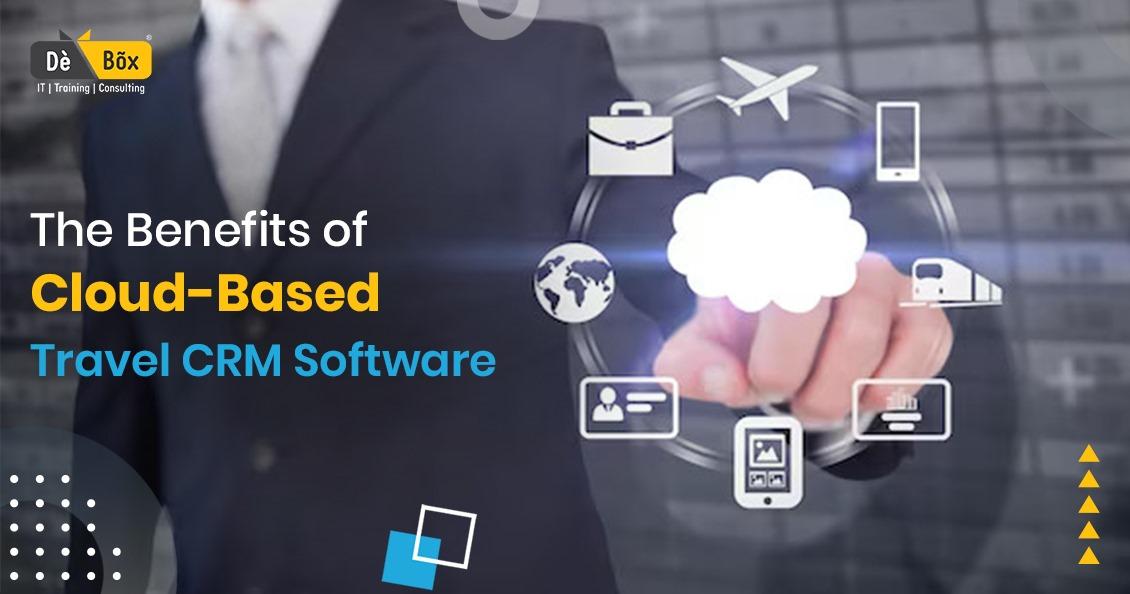
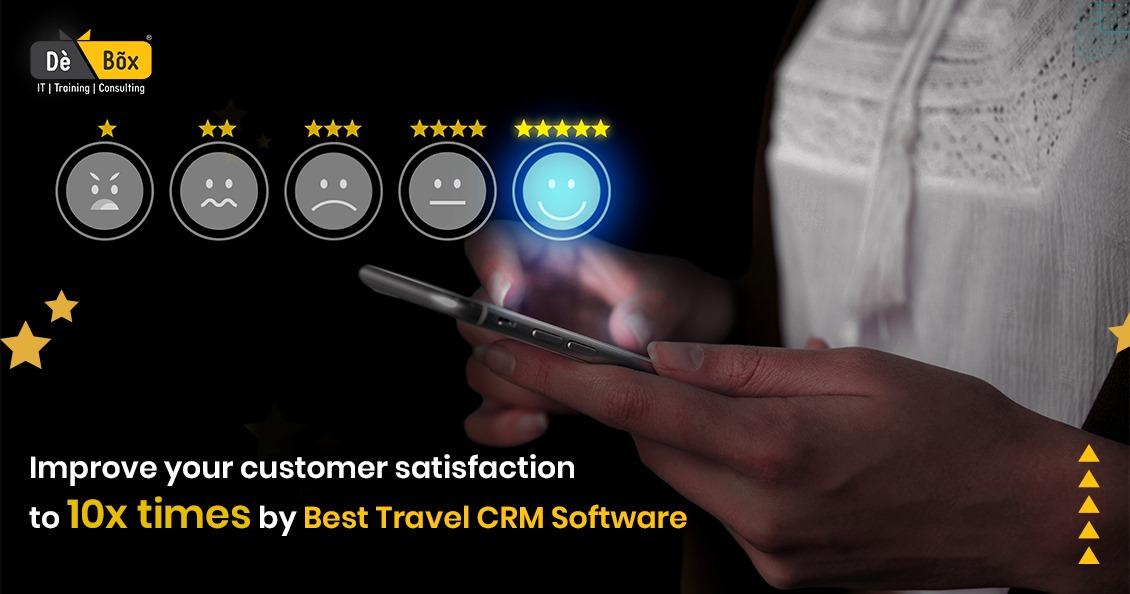
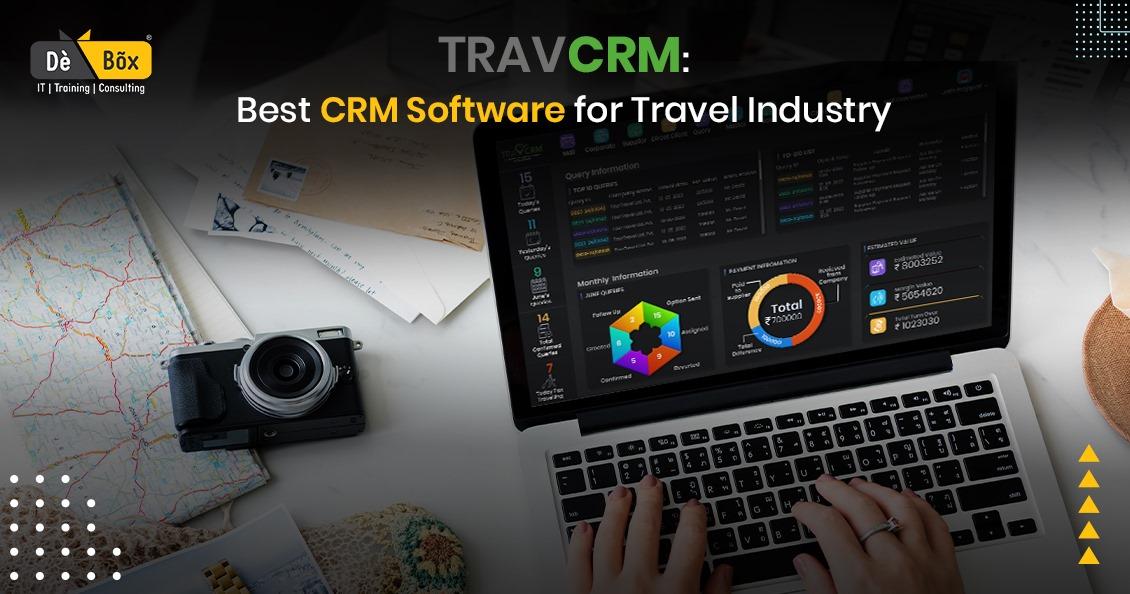
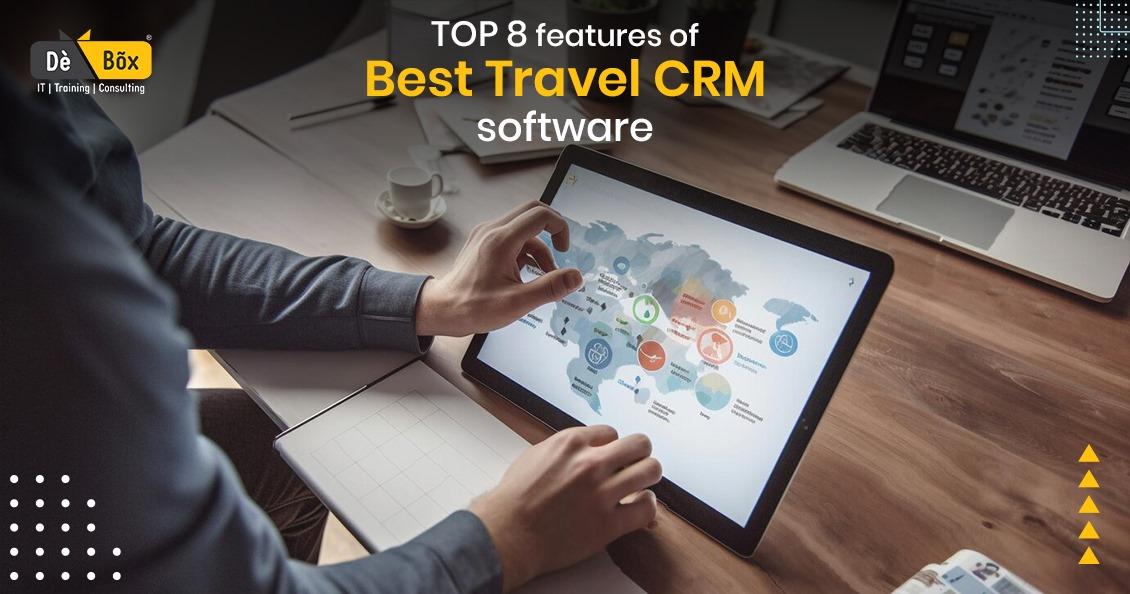
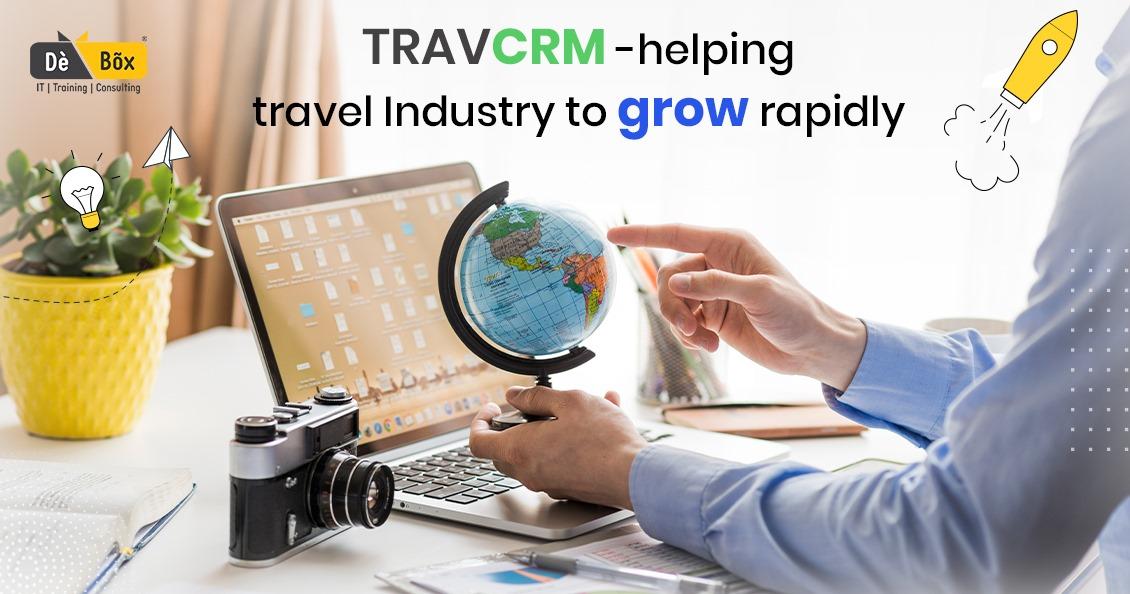

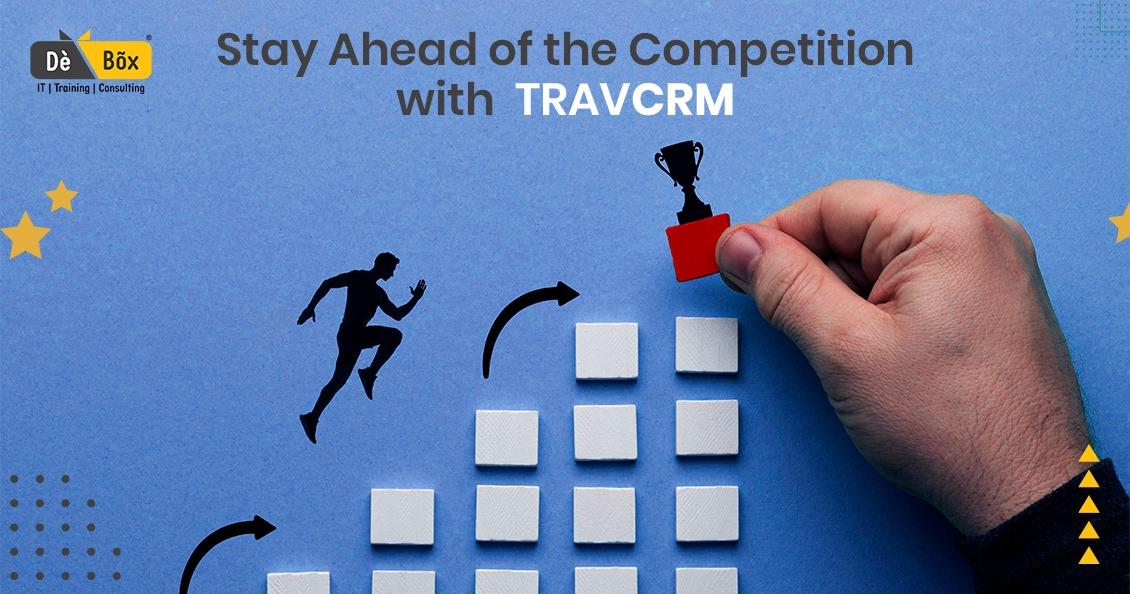
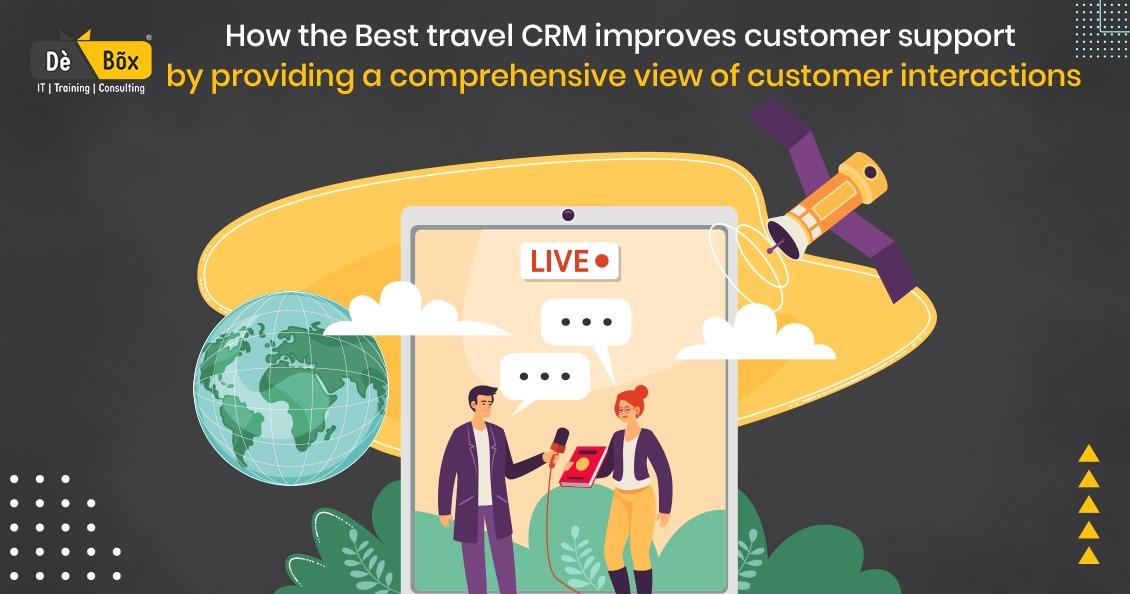
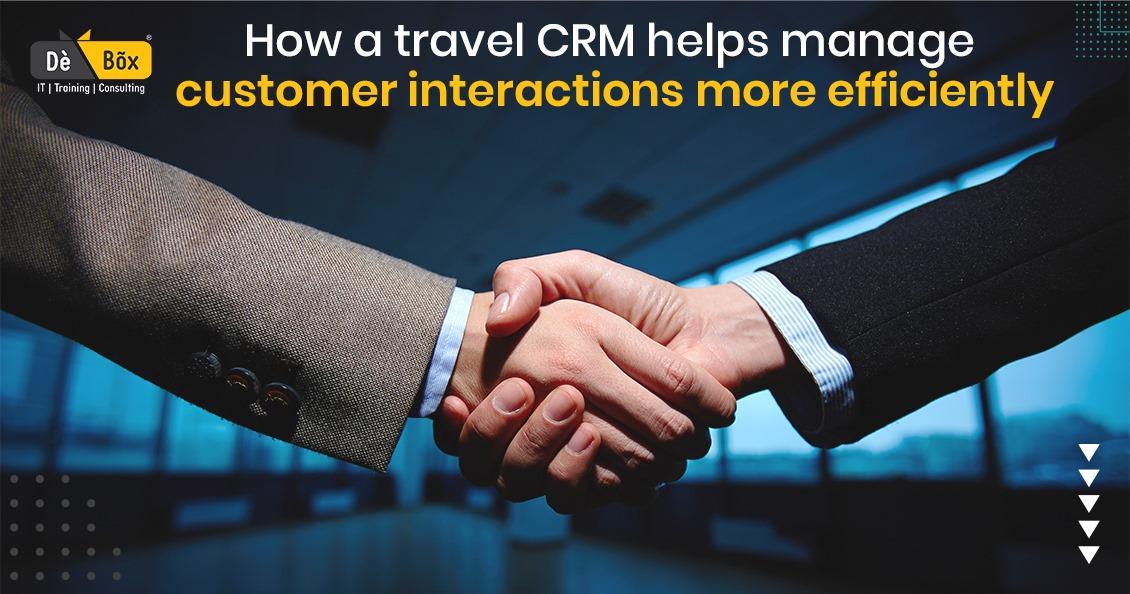

1691385195.jpeg)


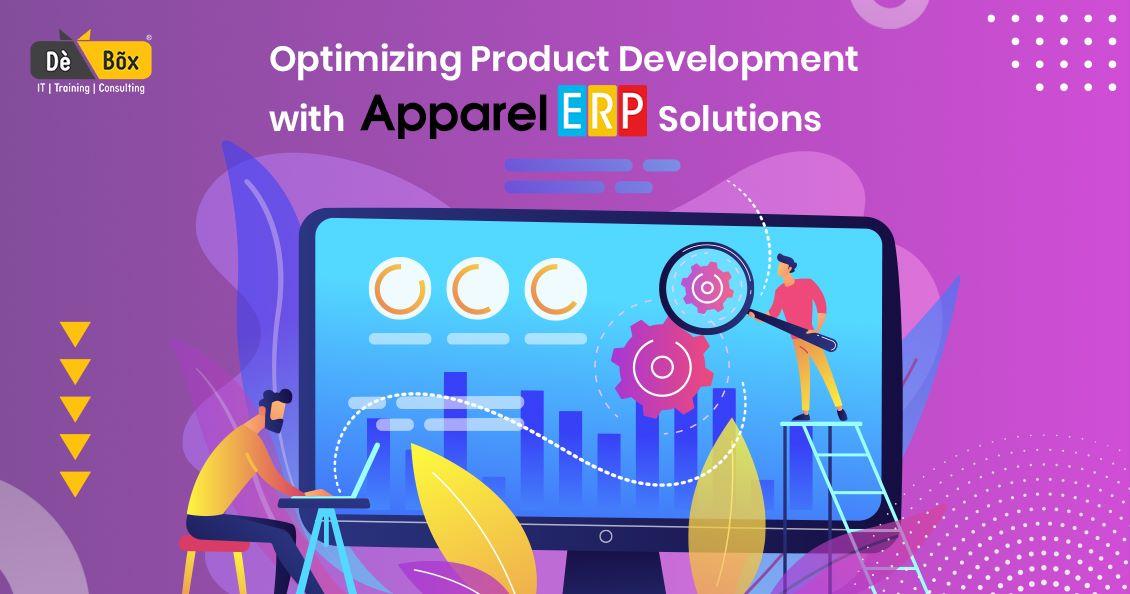

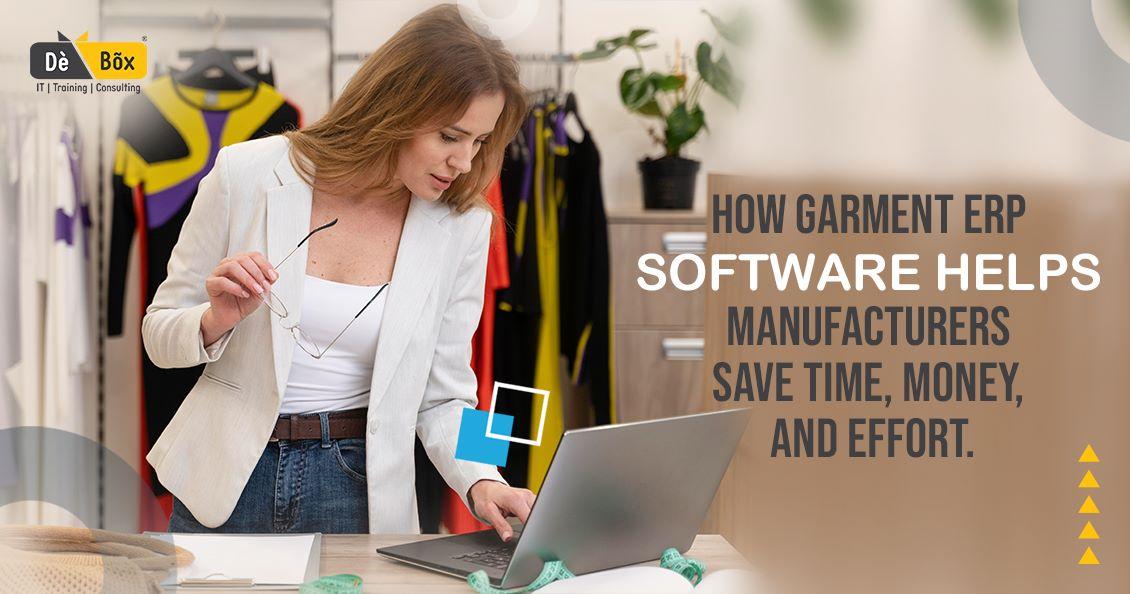
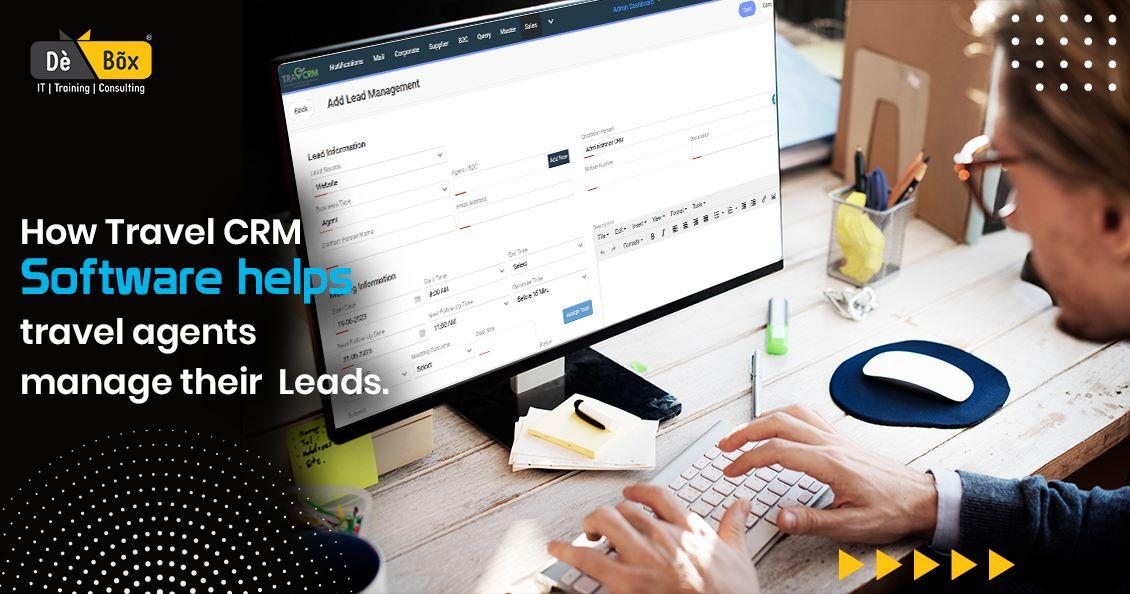
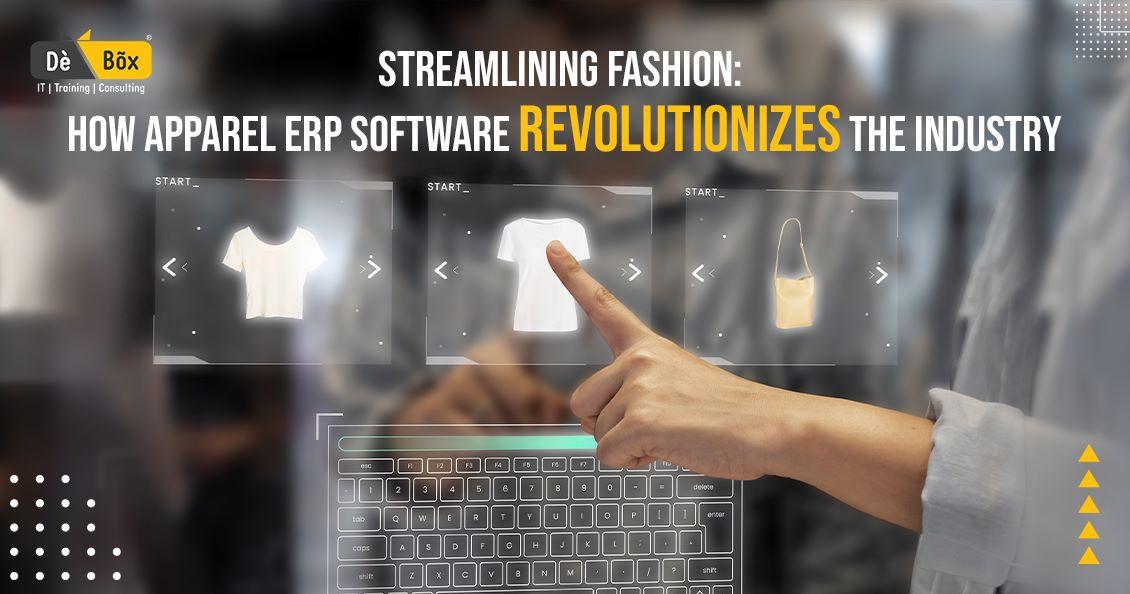
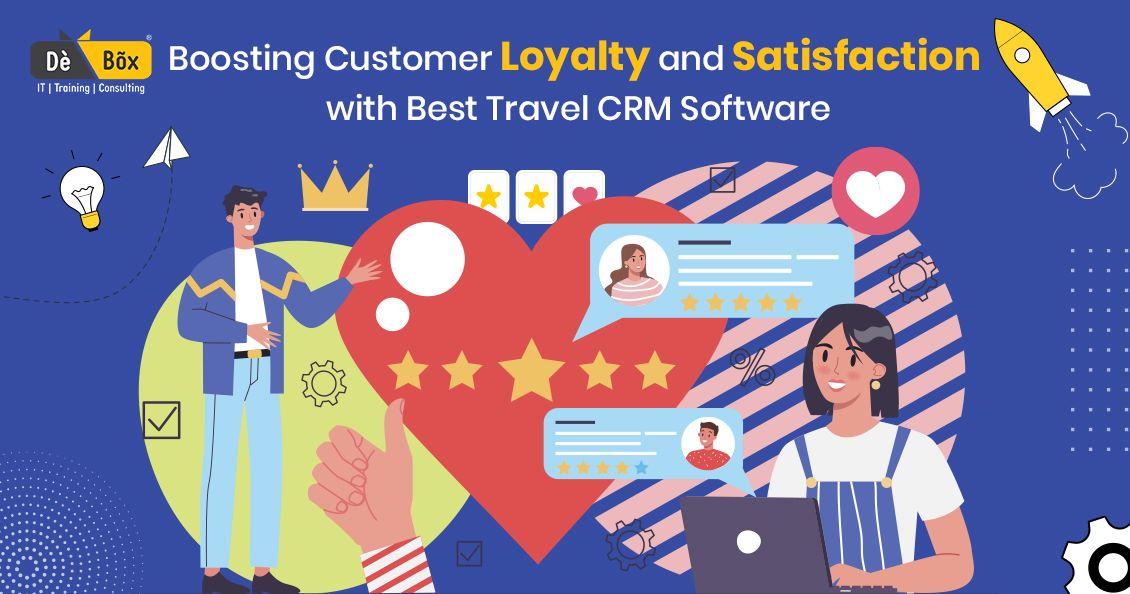
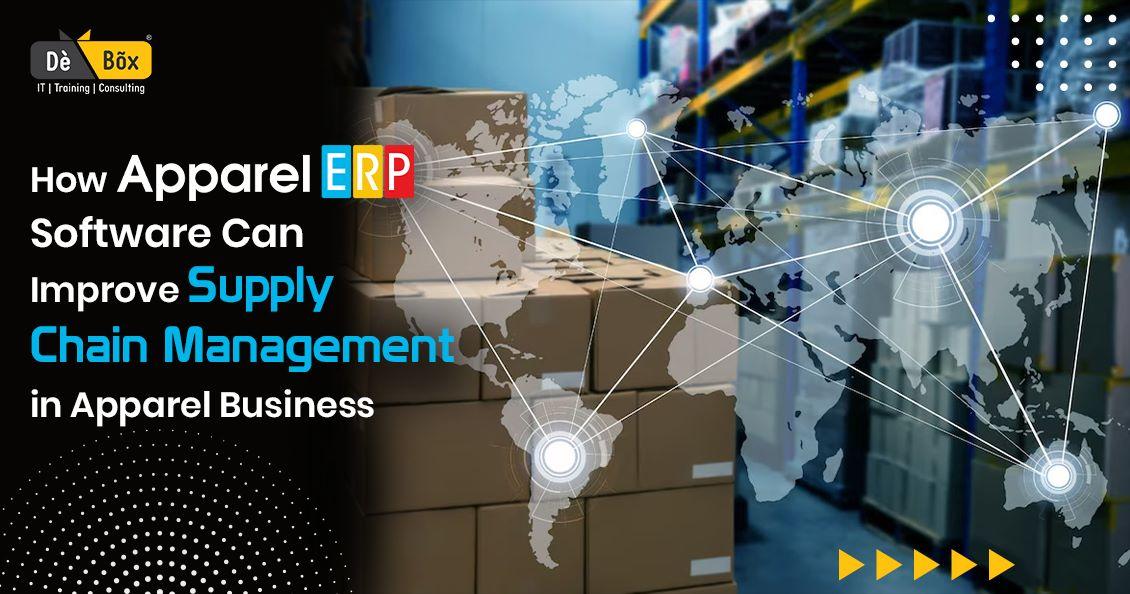
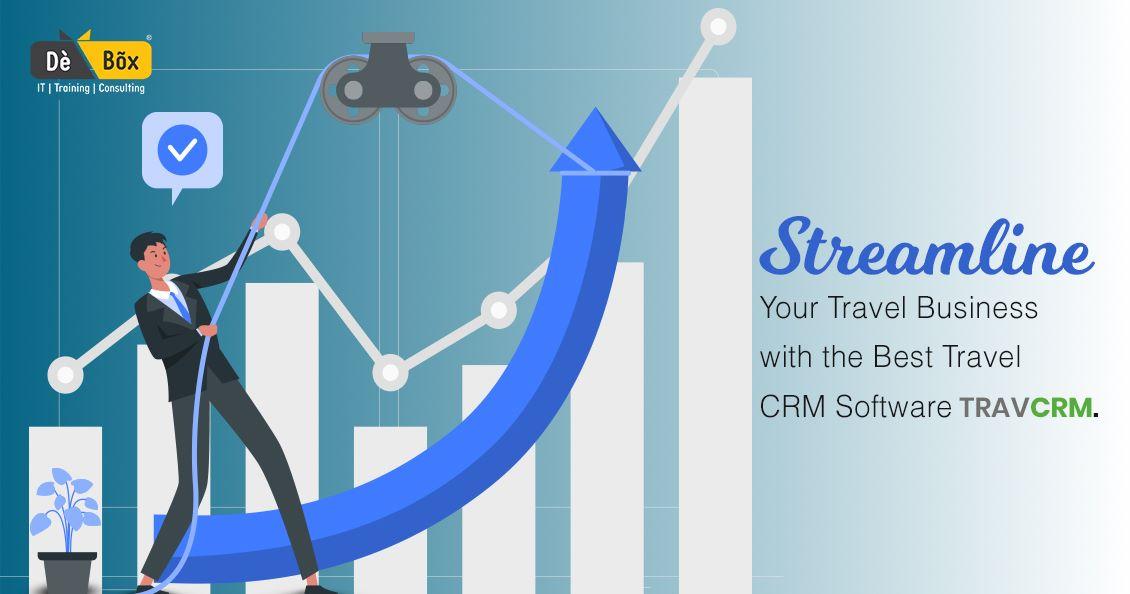


1683892664.jpg)

1677833077.jpeg)
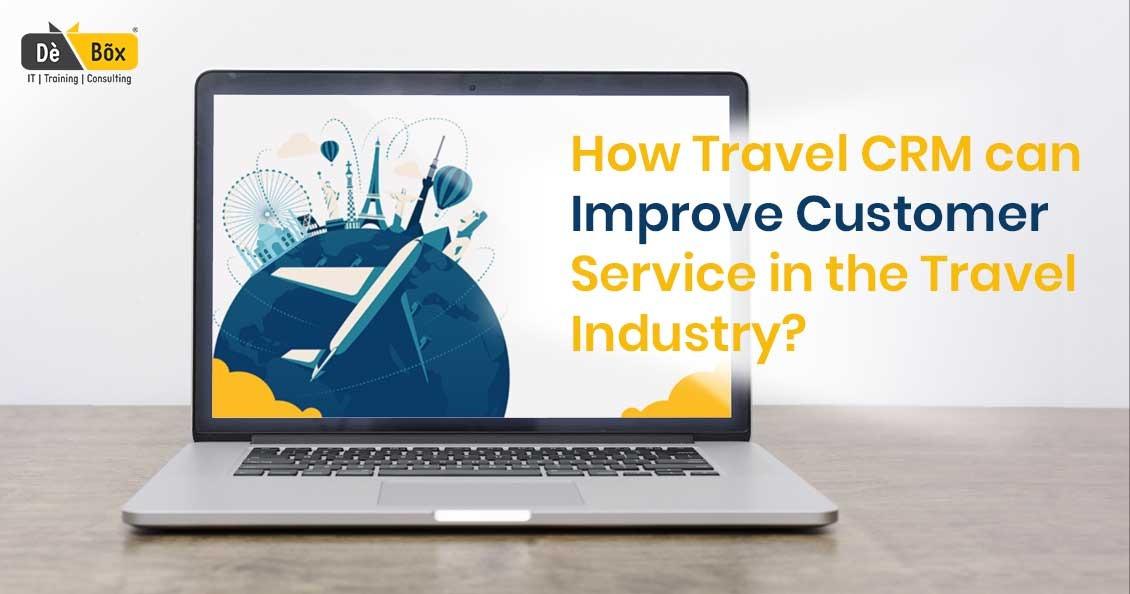

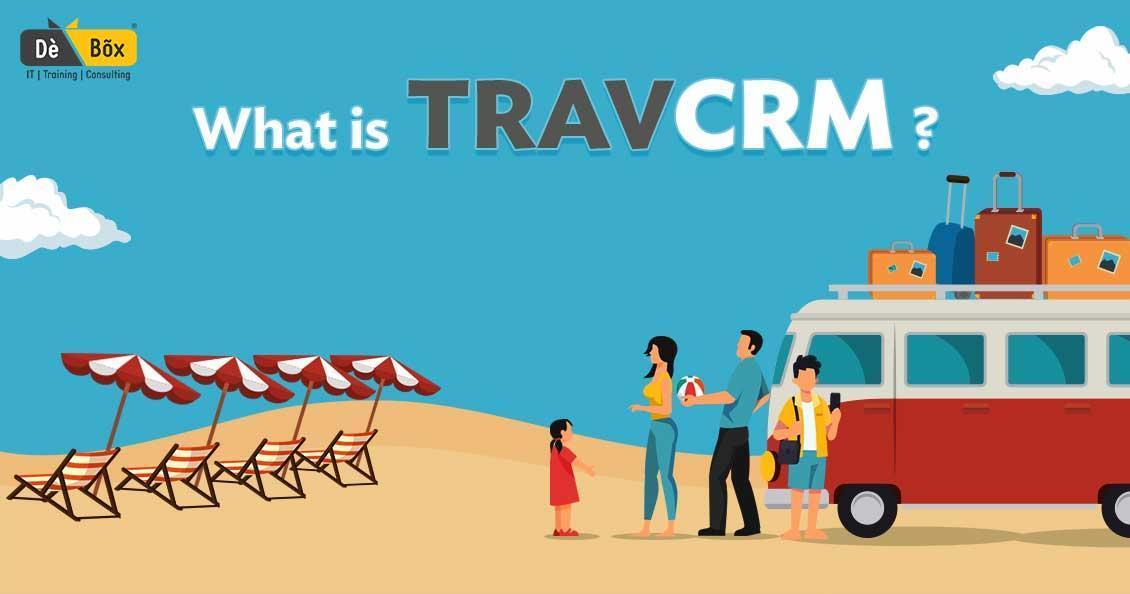
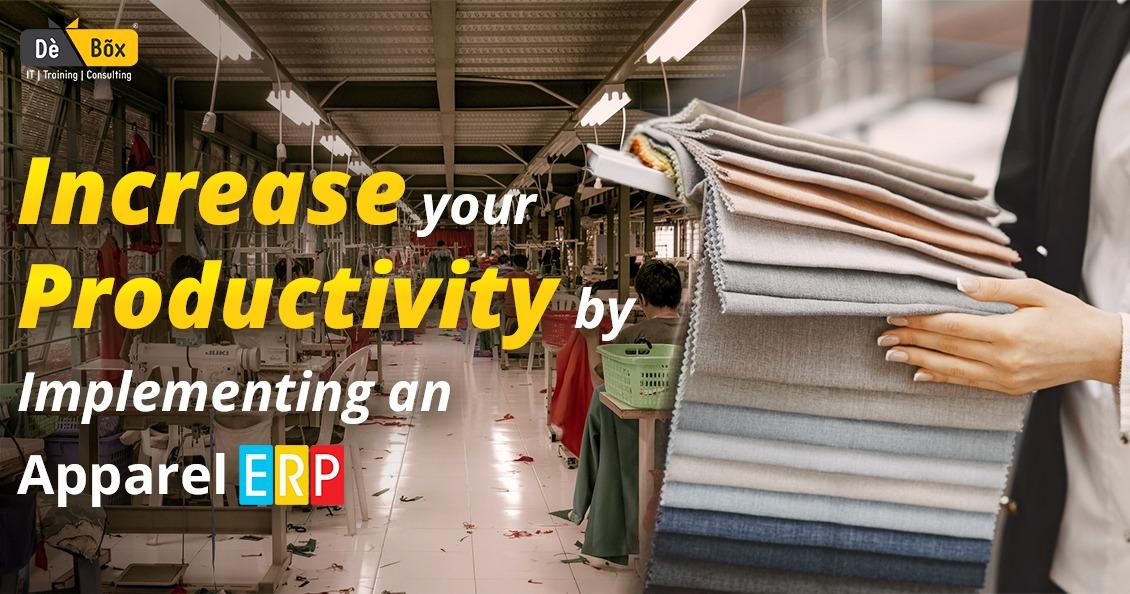



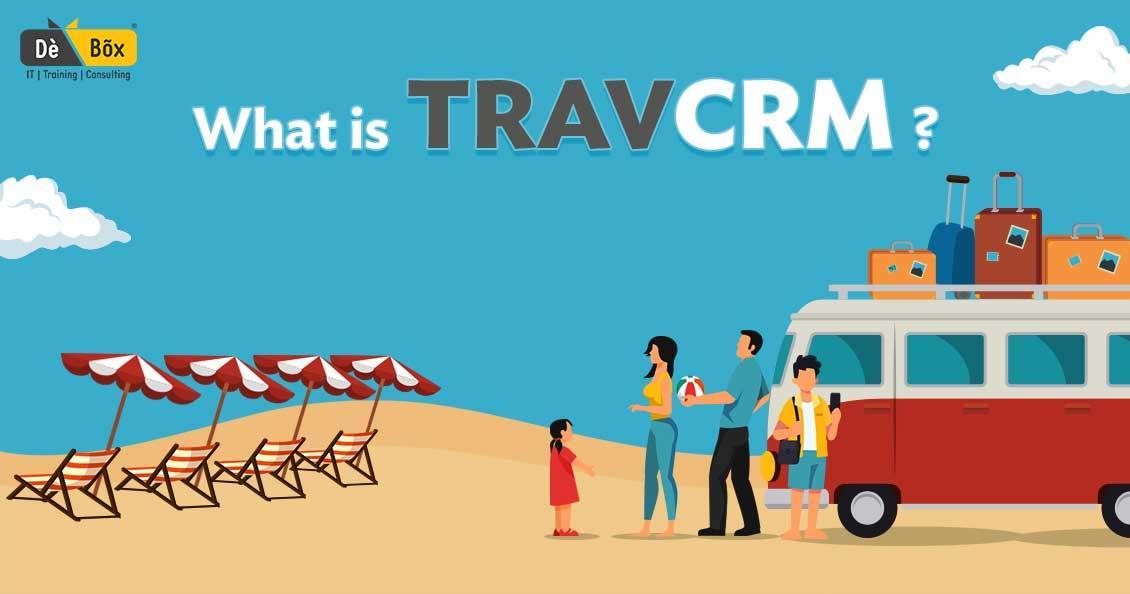


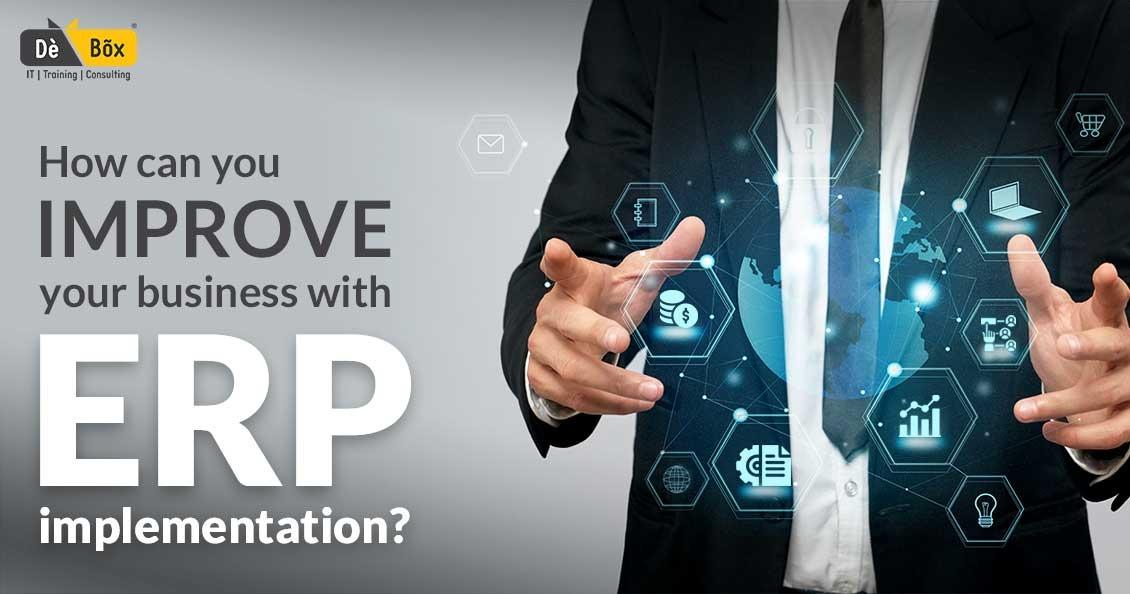




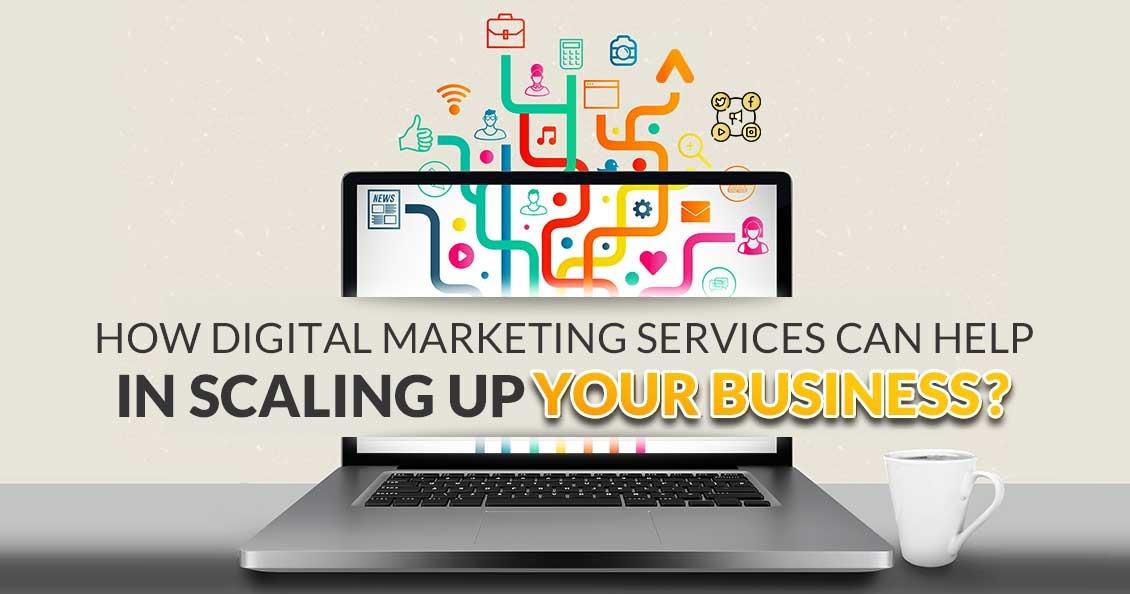

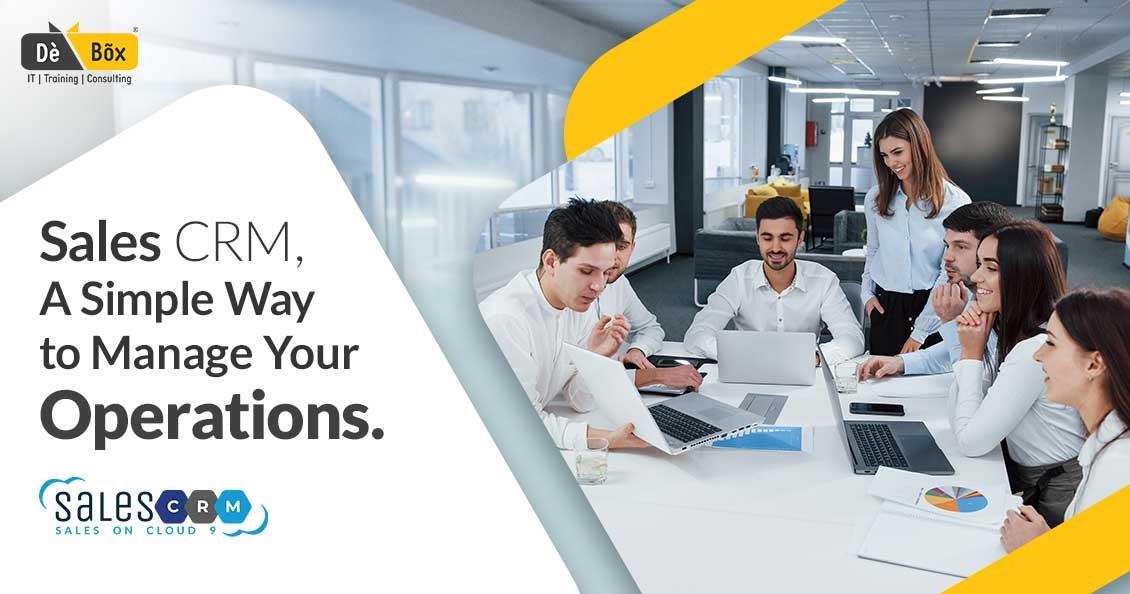
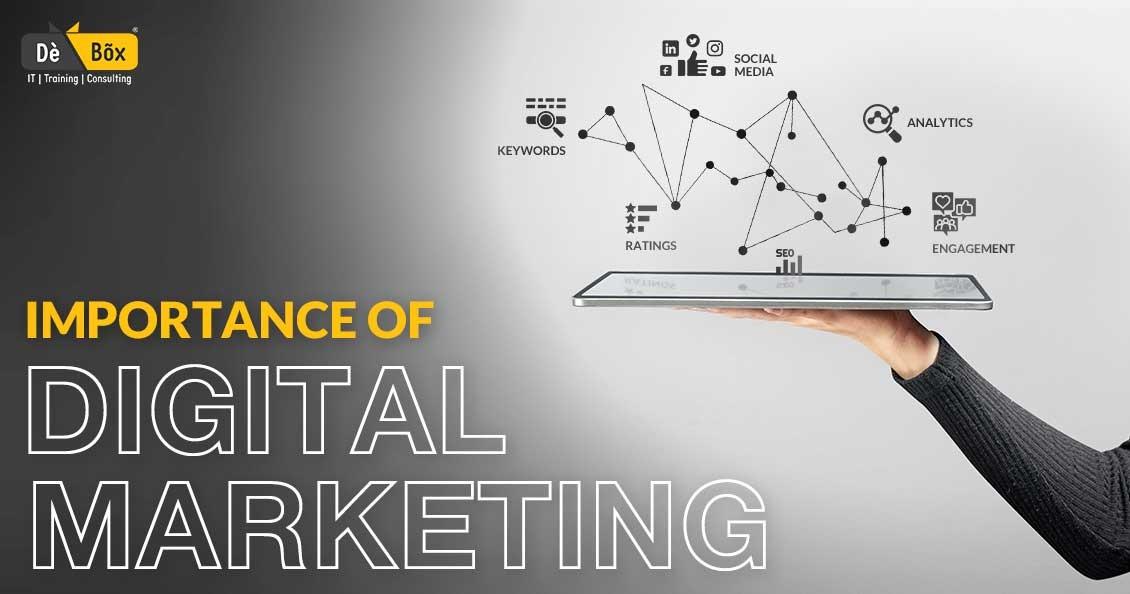


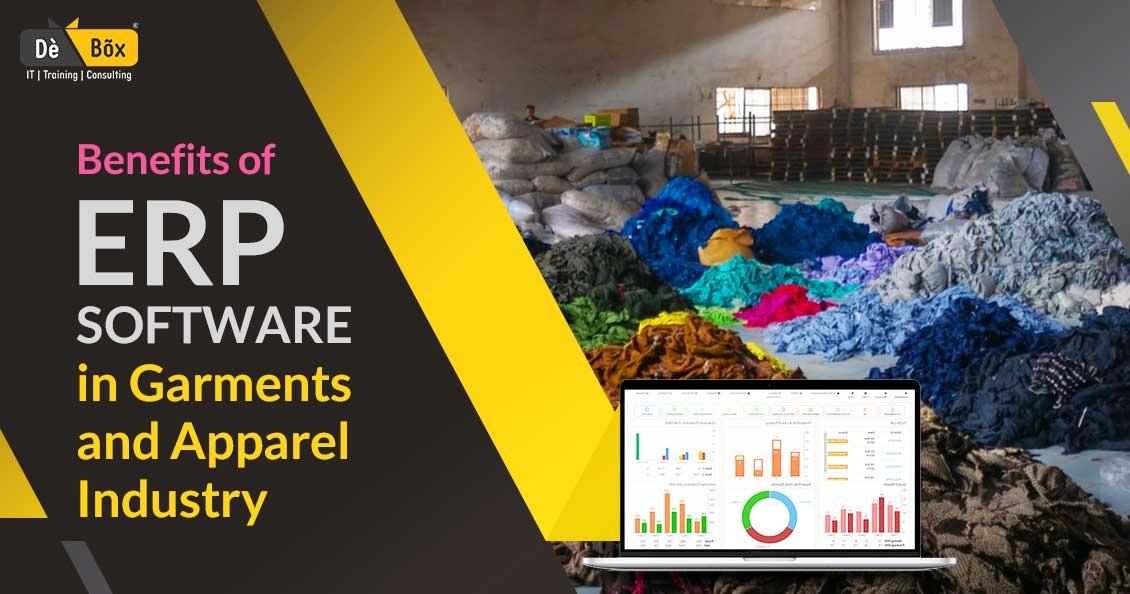
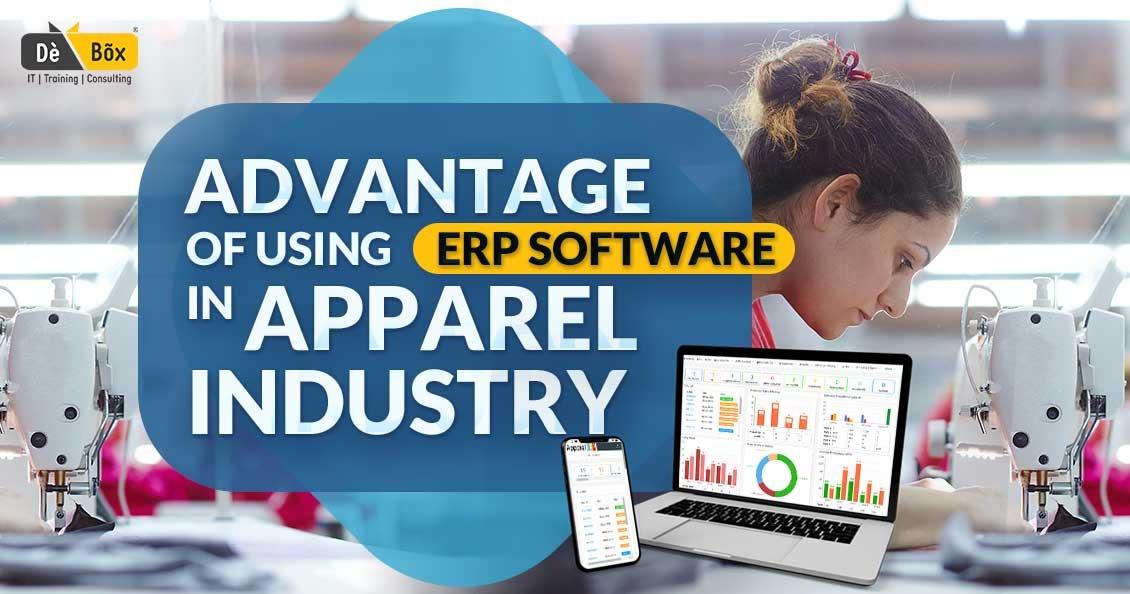
1646037372.jpg)
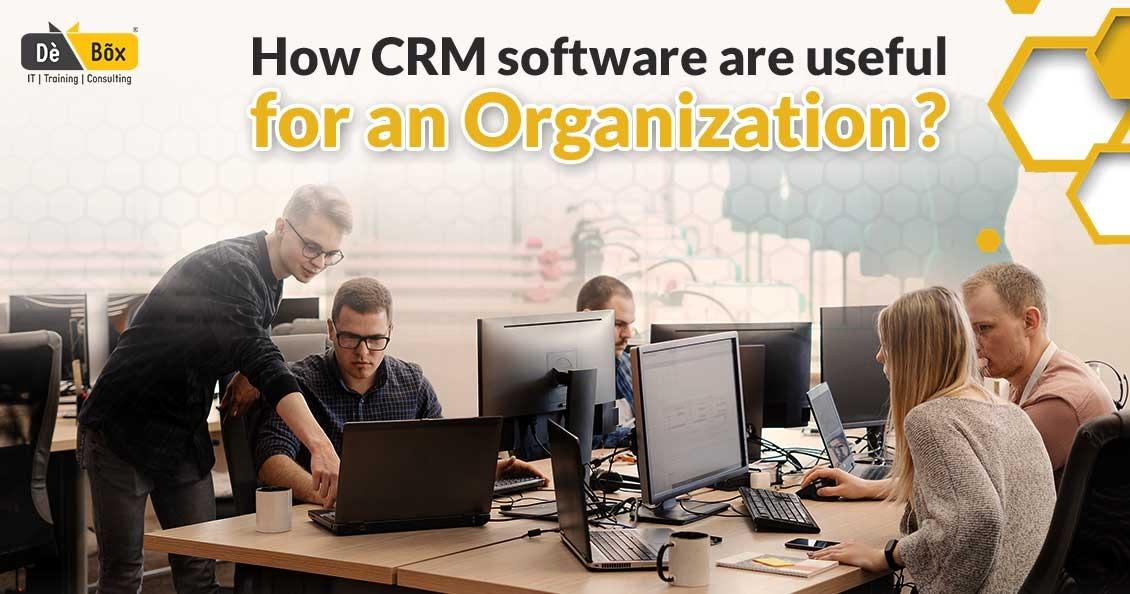
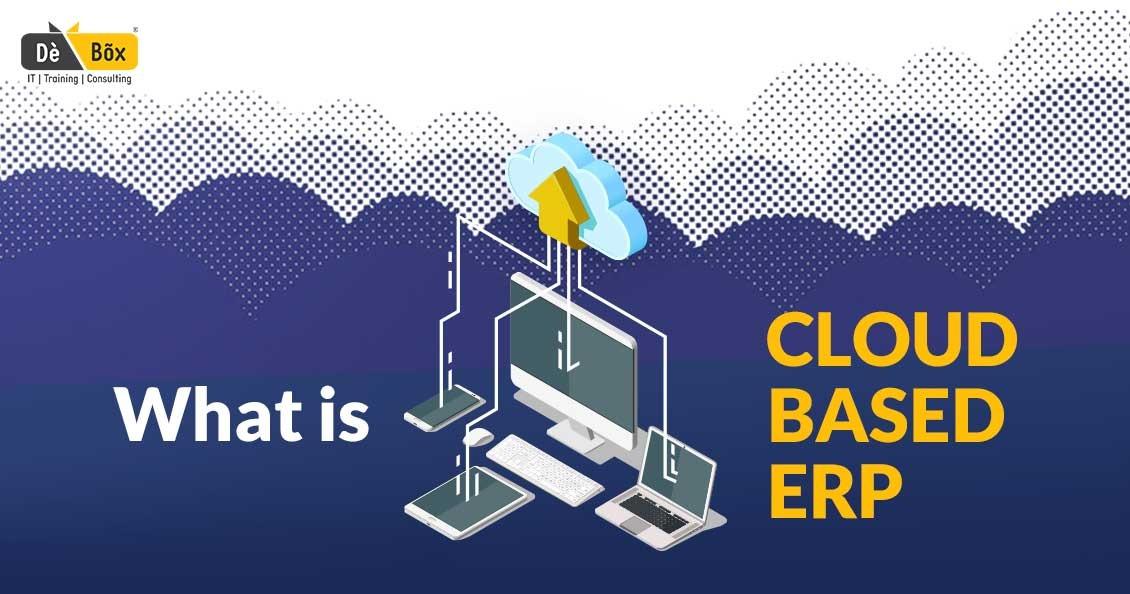



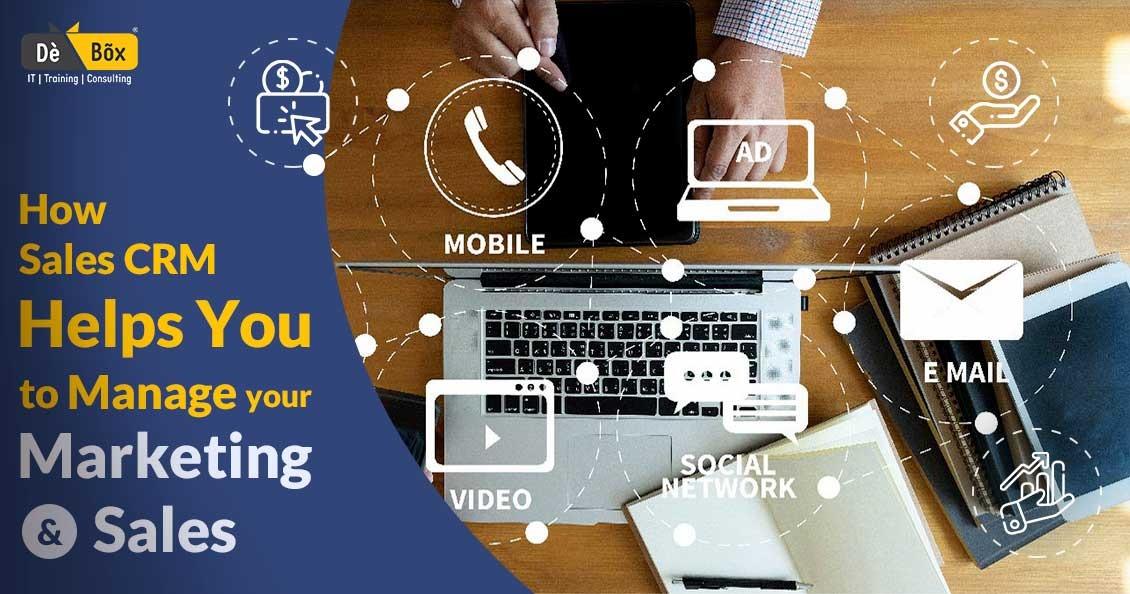
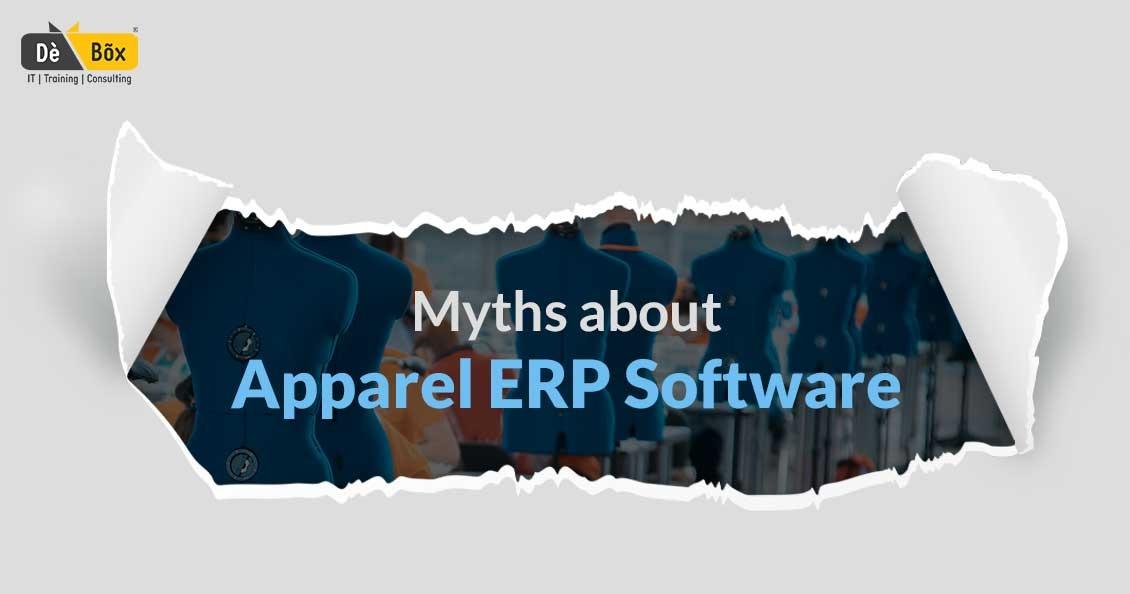
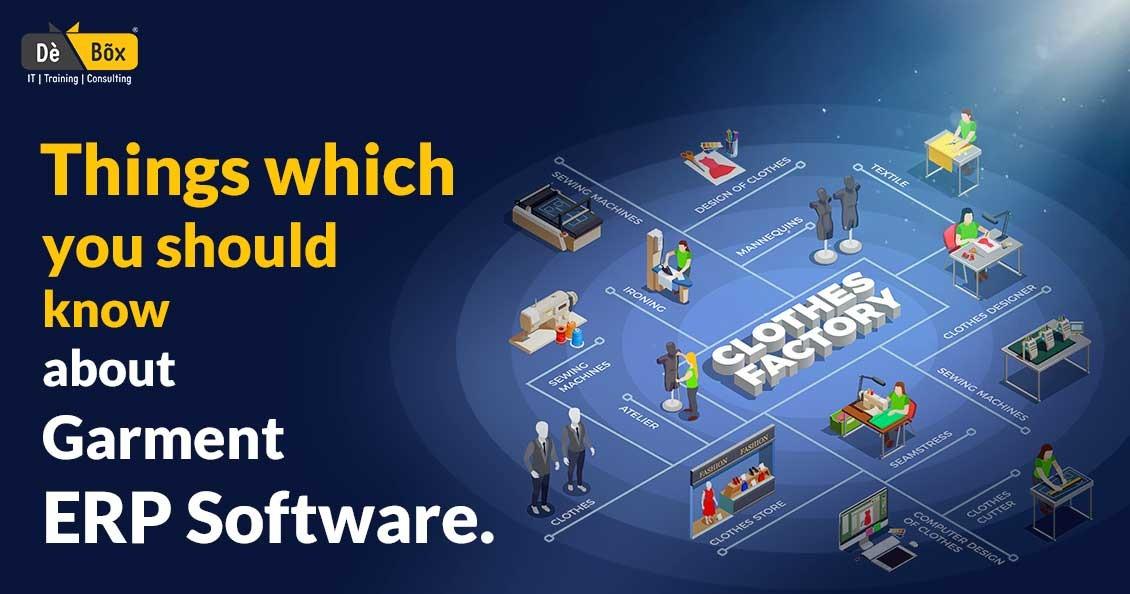


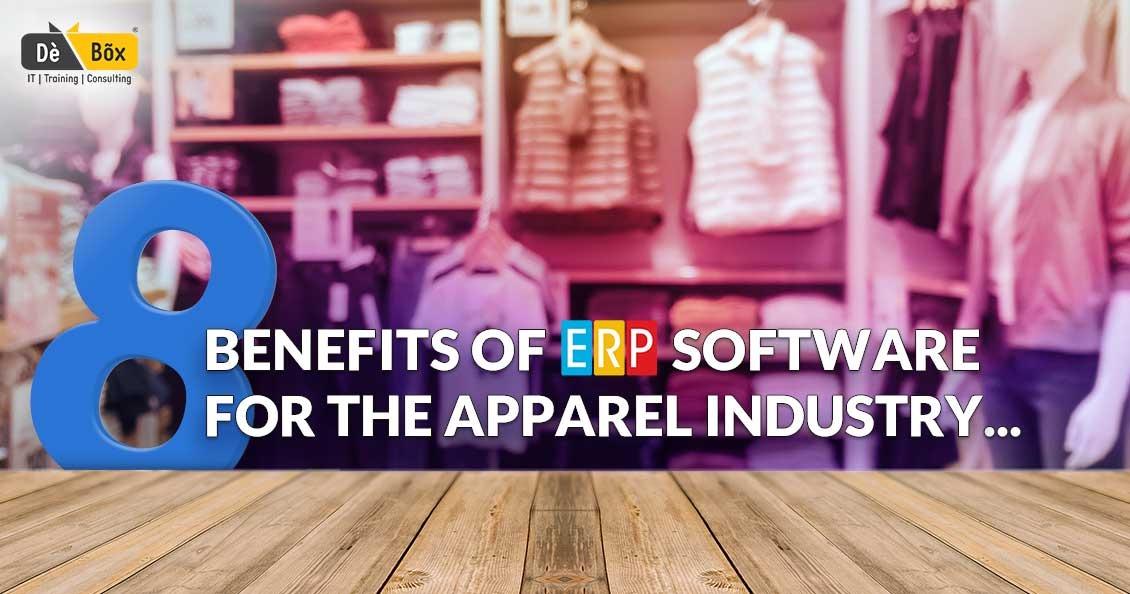

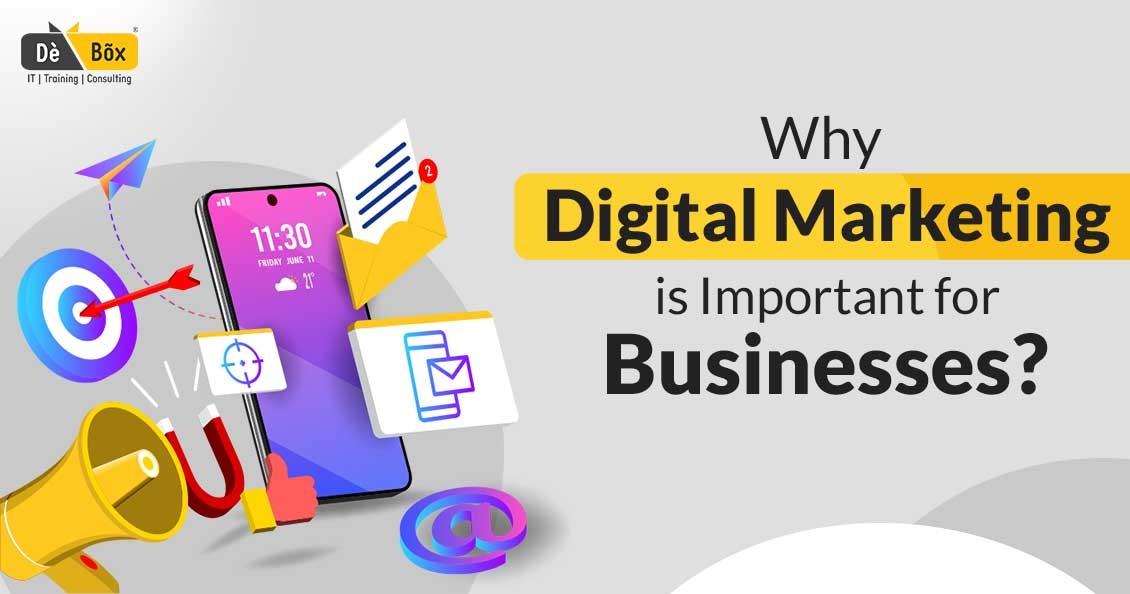

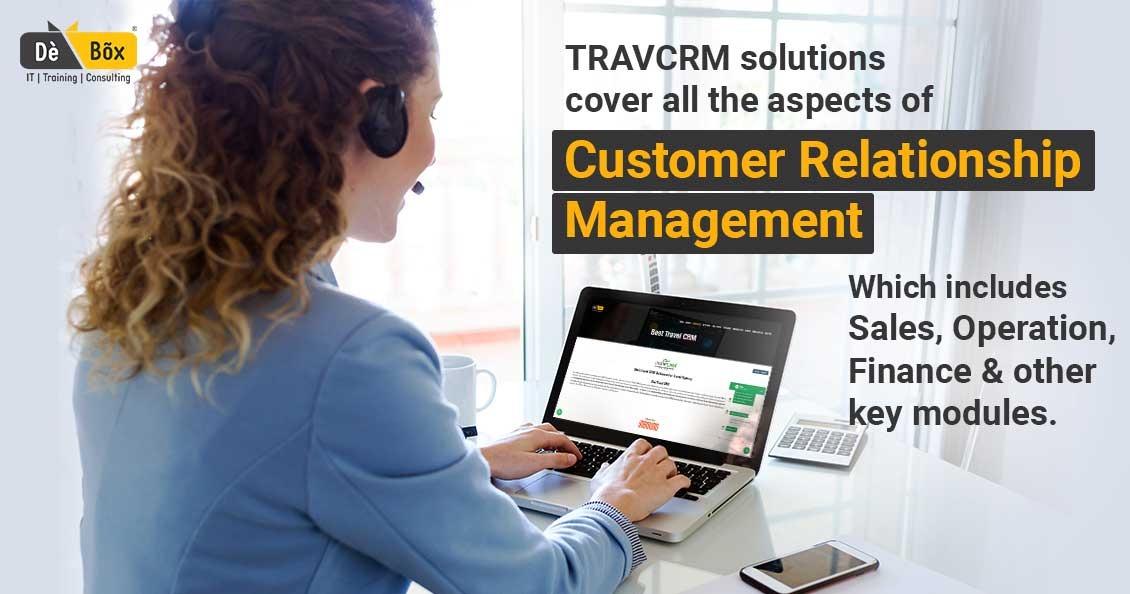
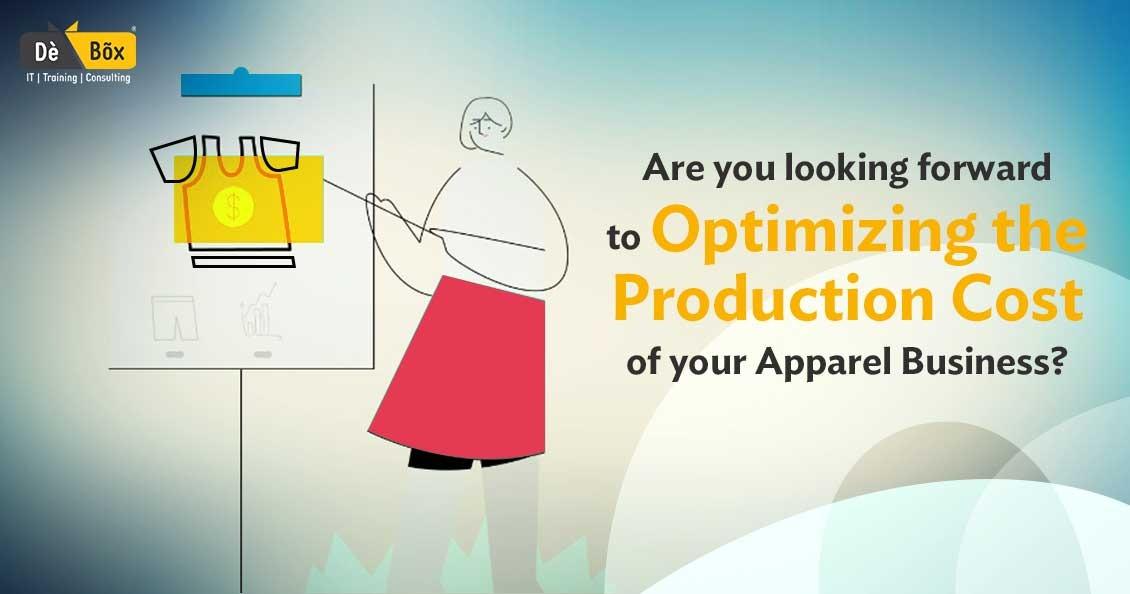








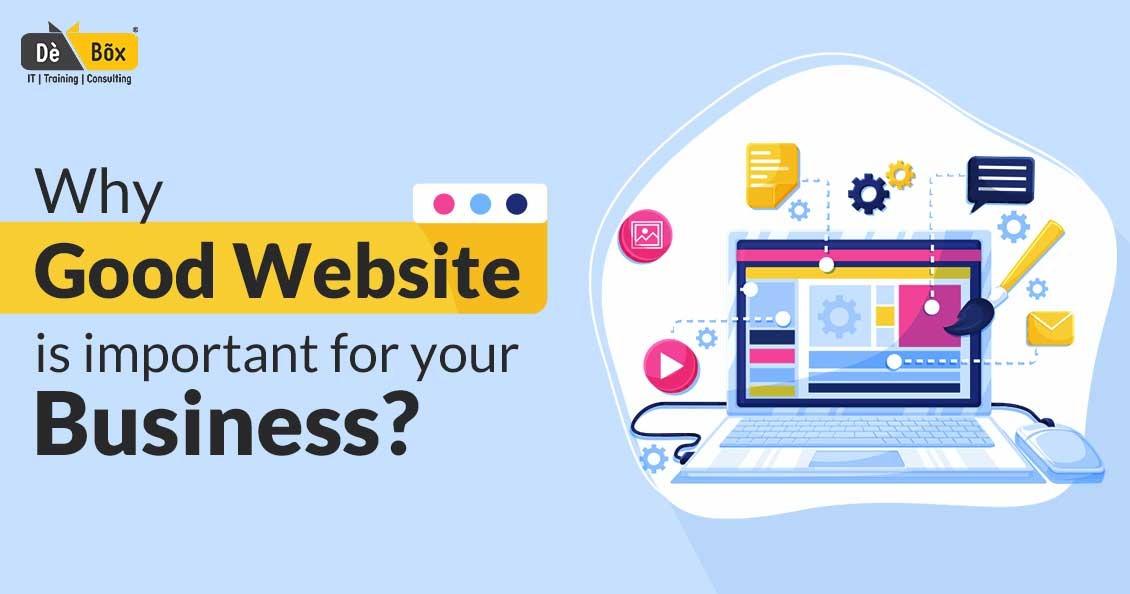


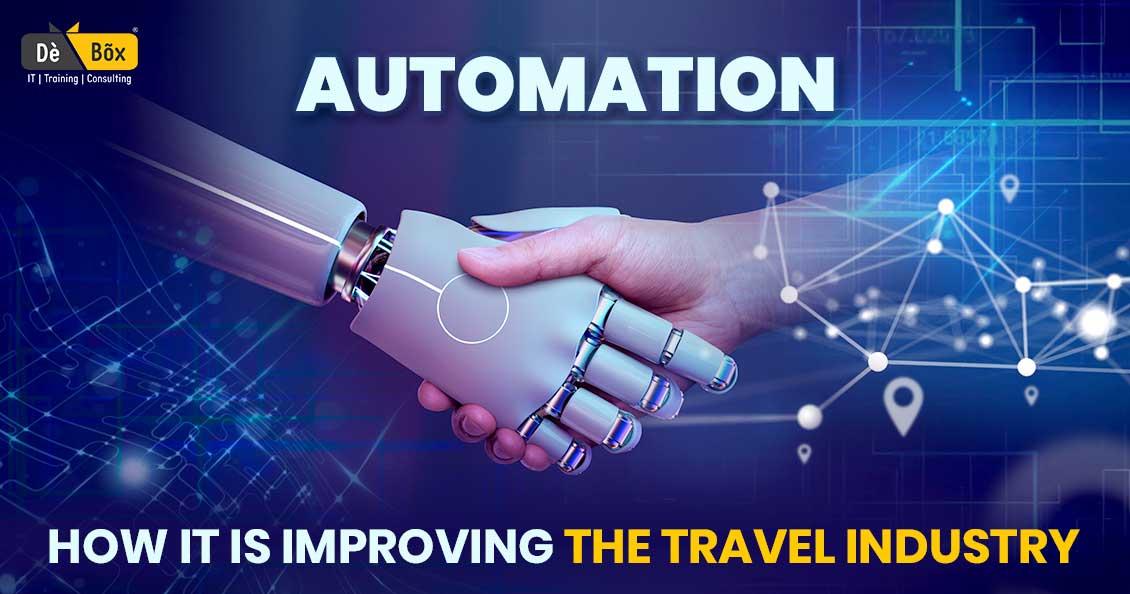
1631854739.png)
